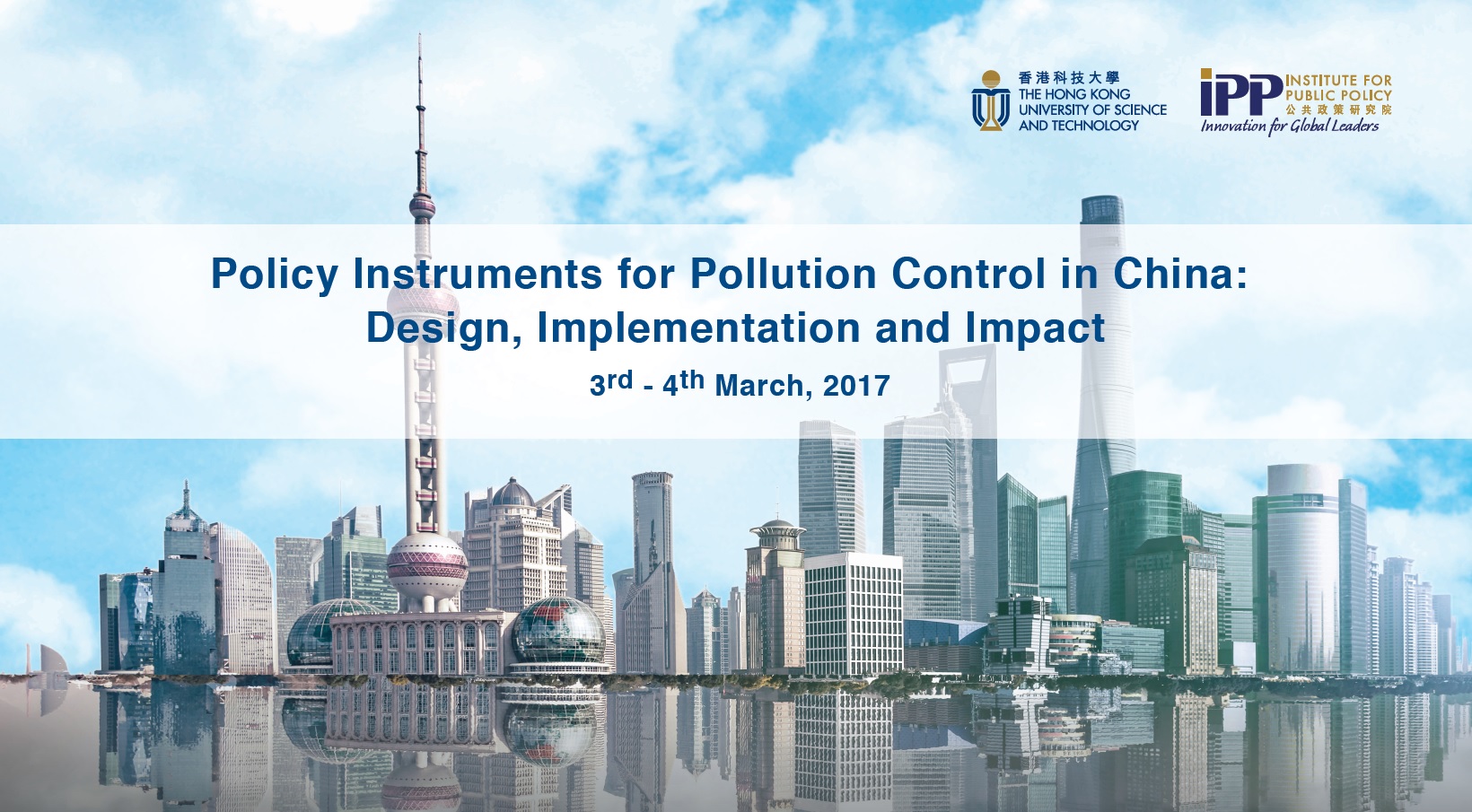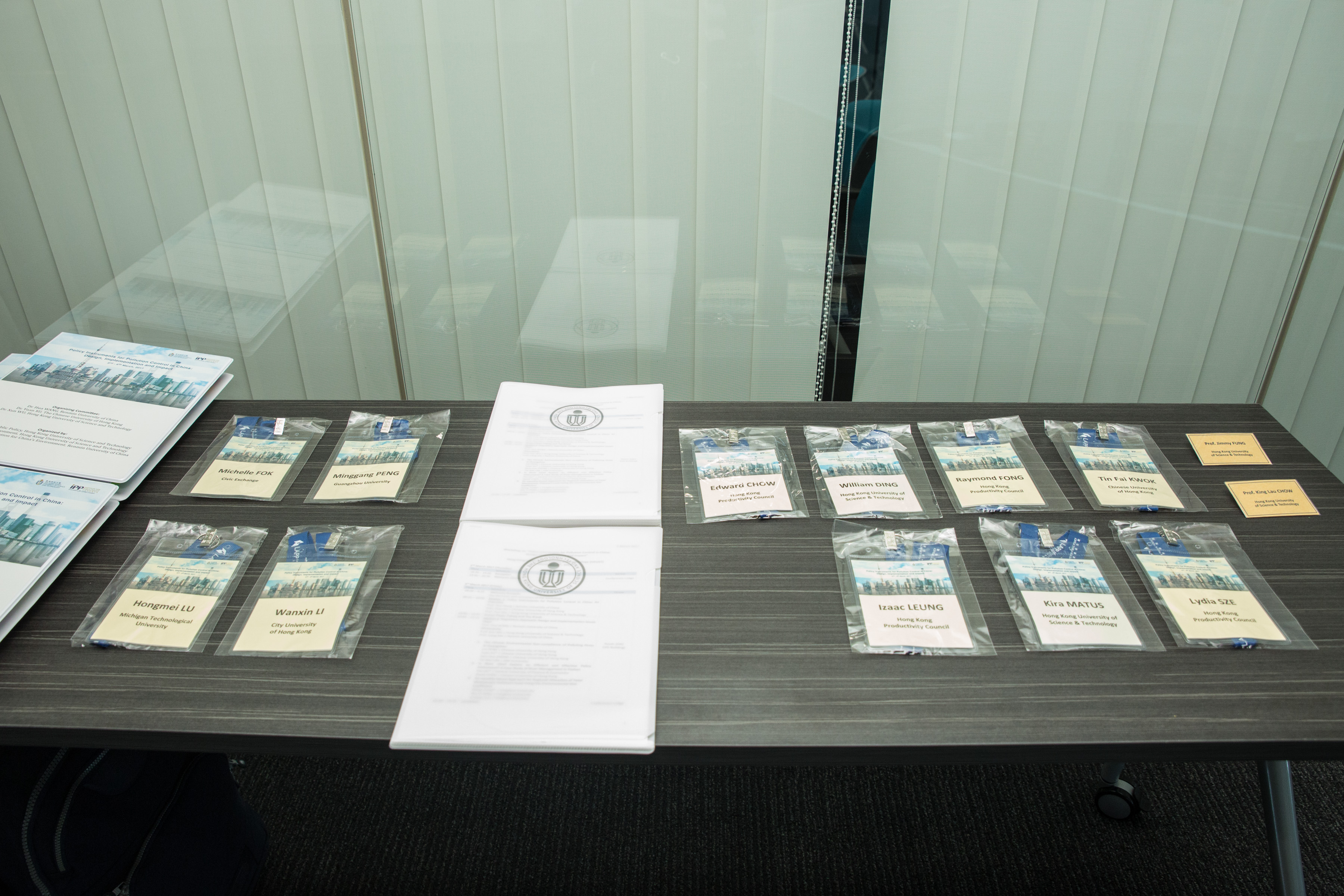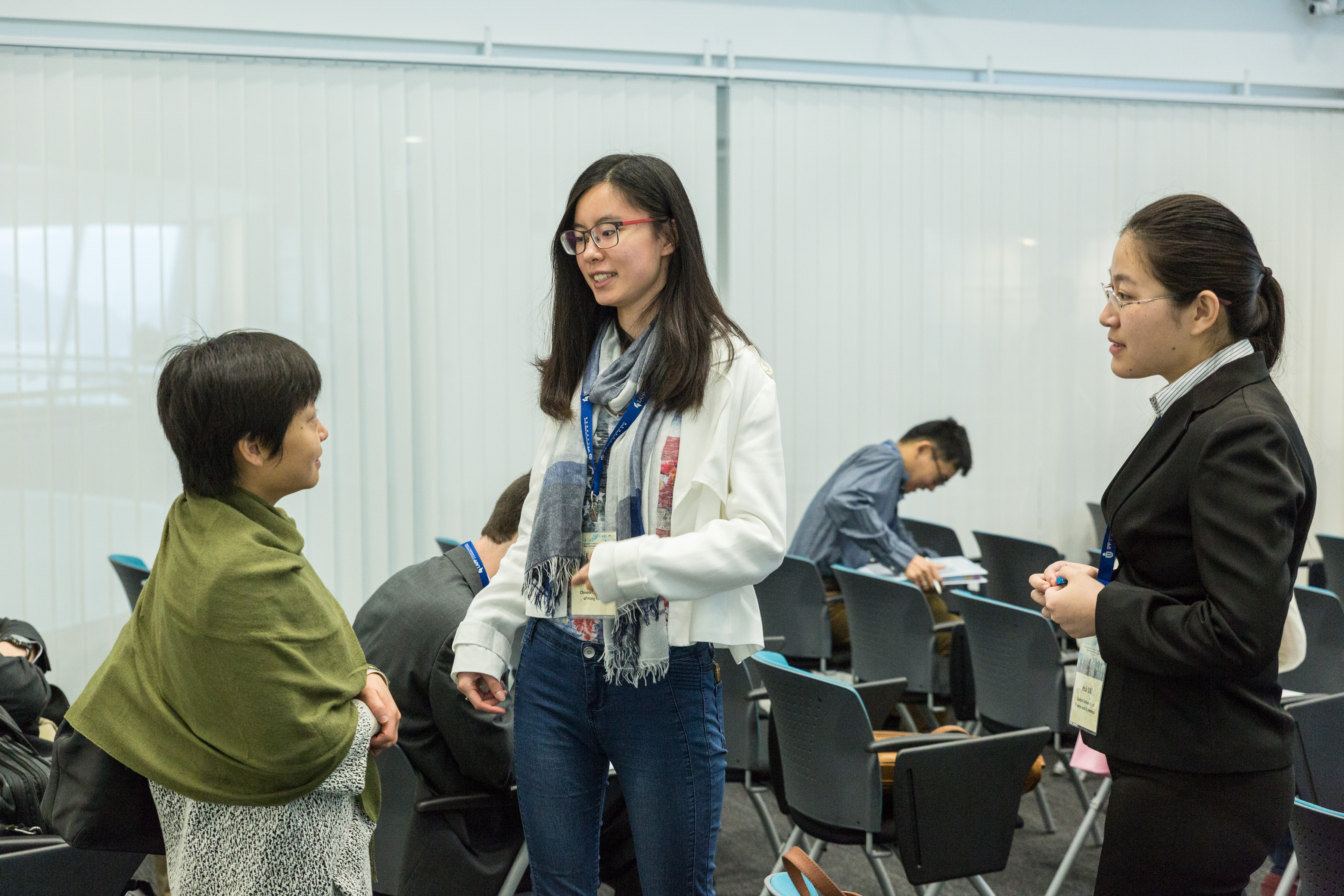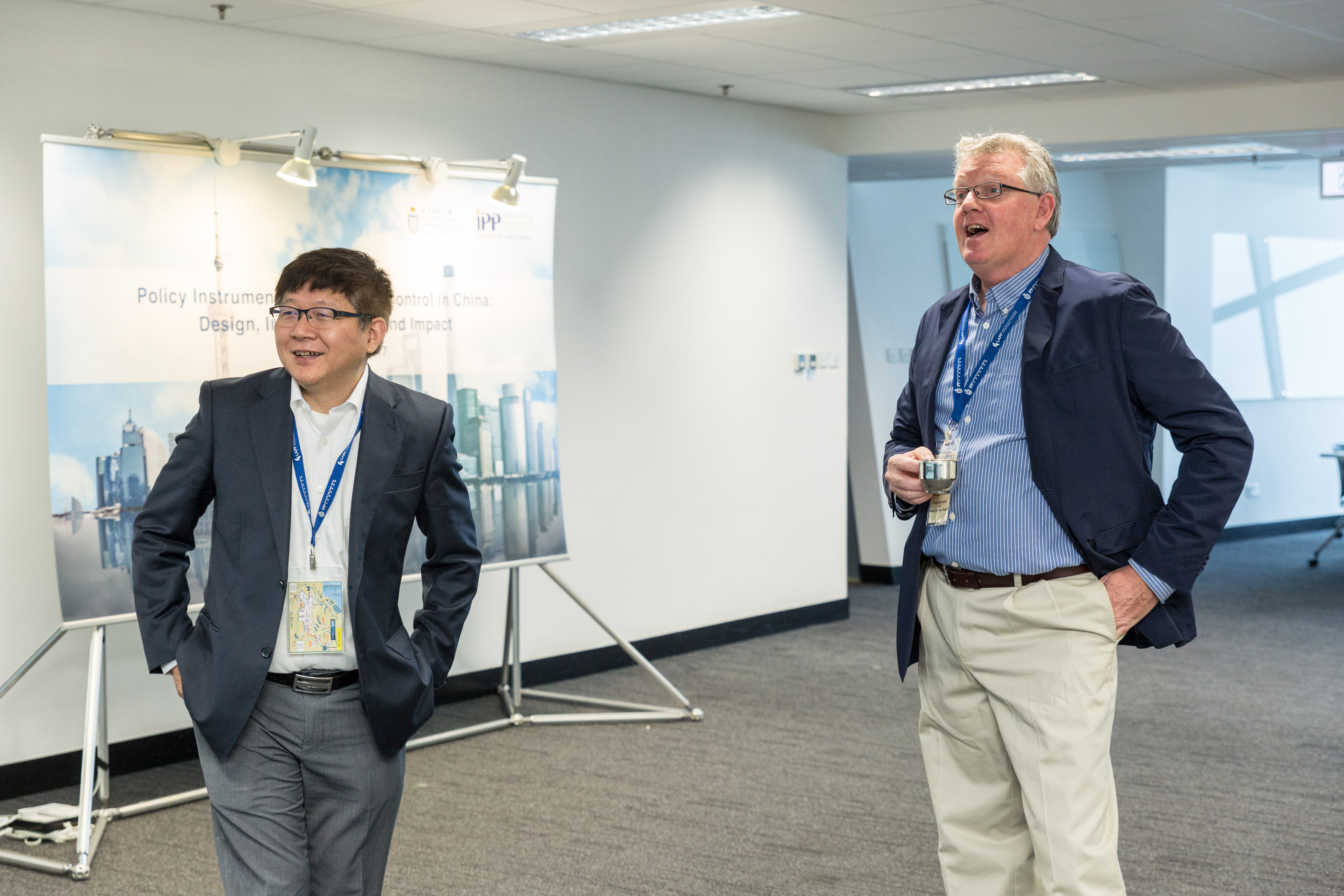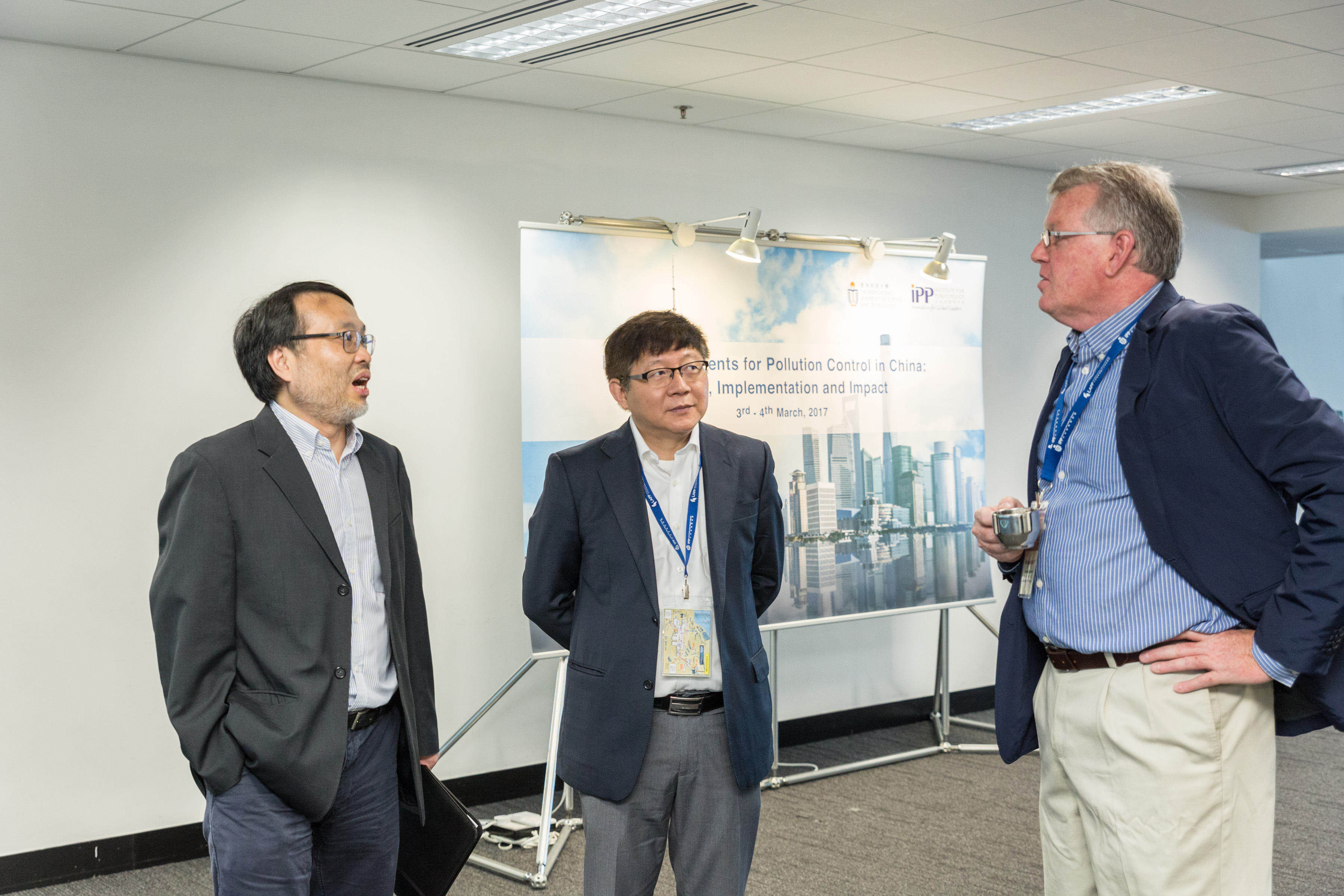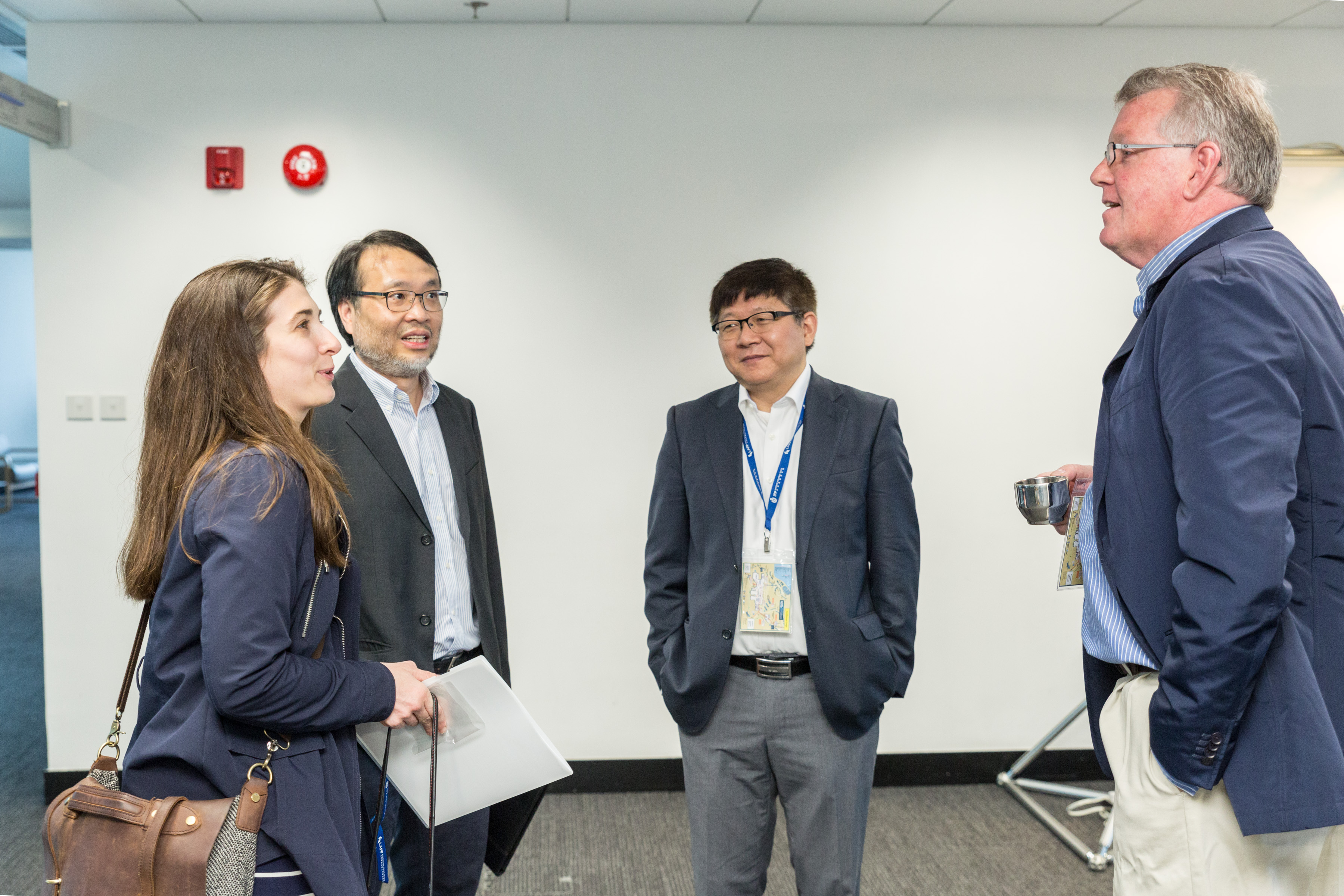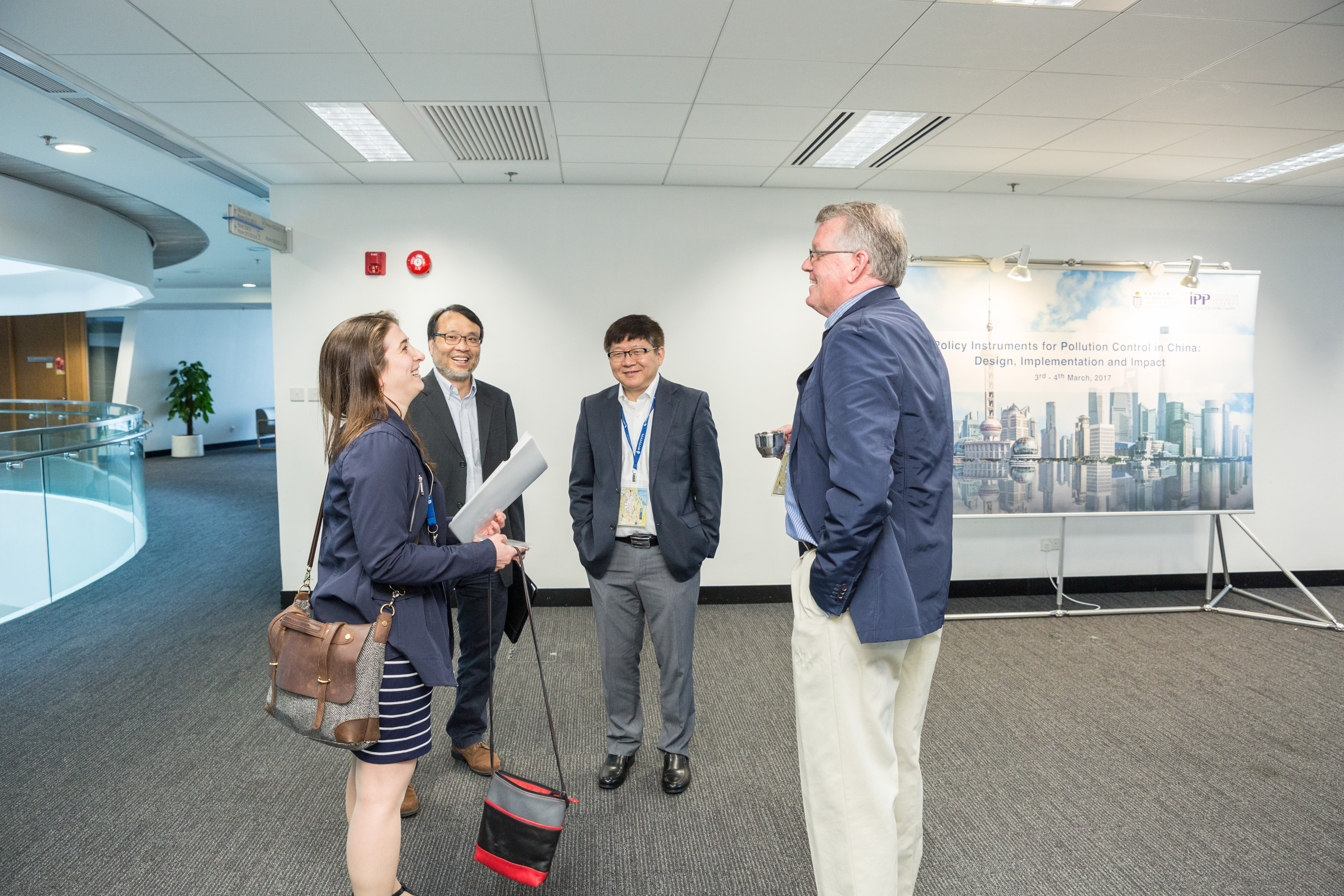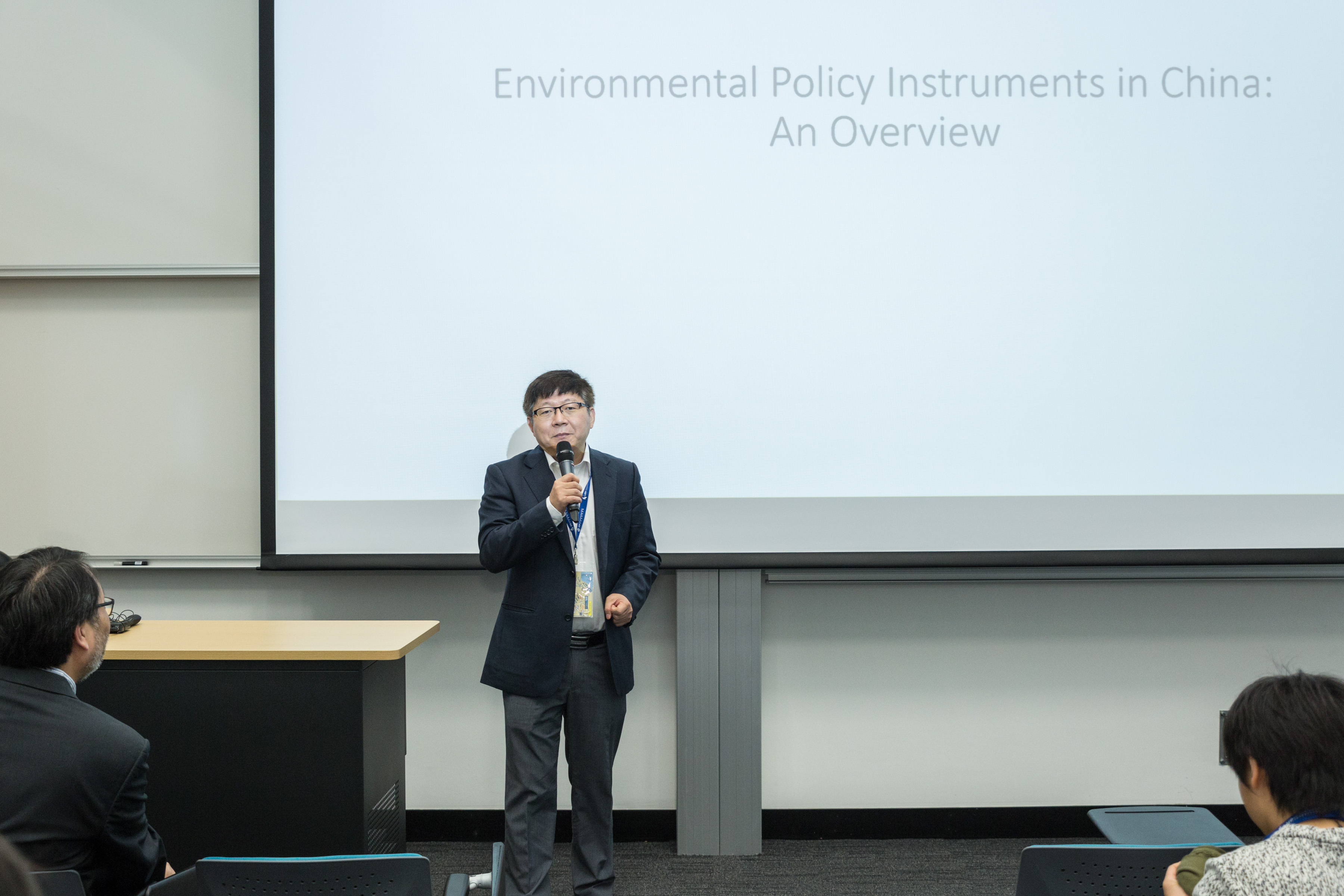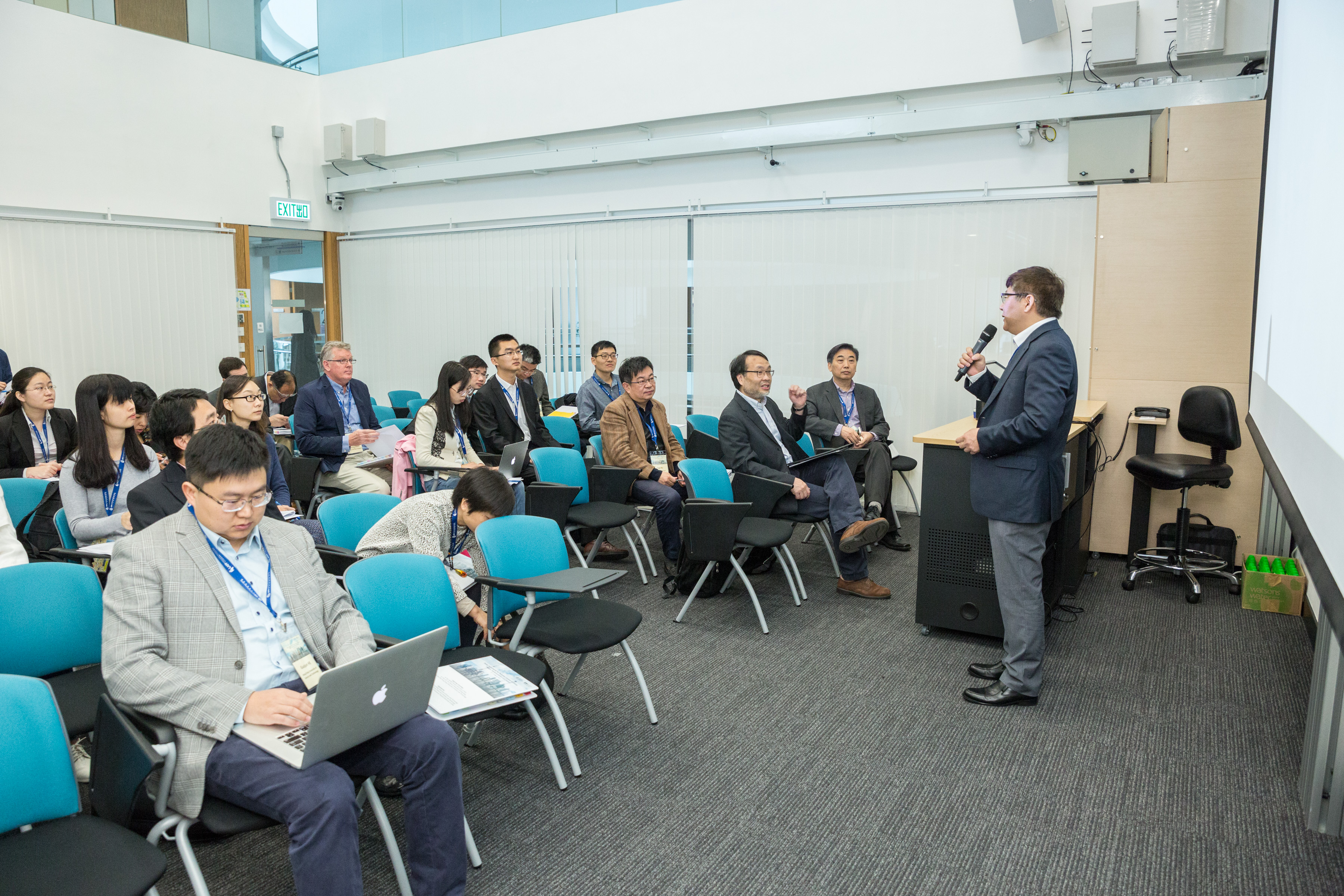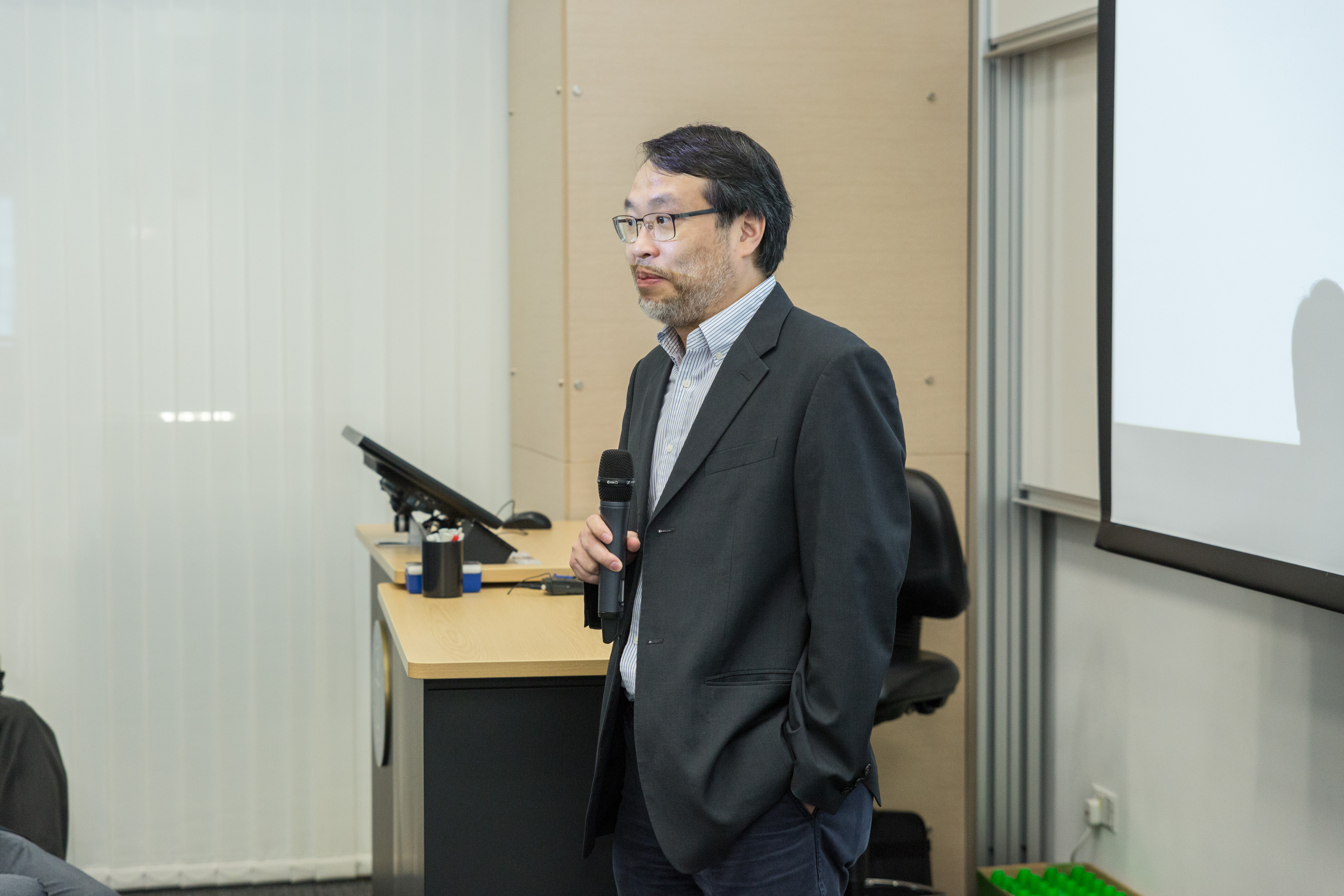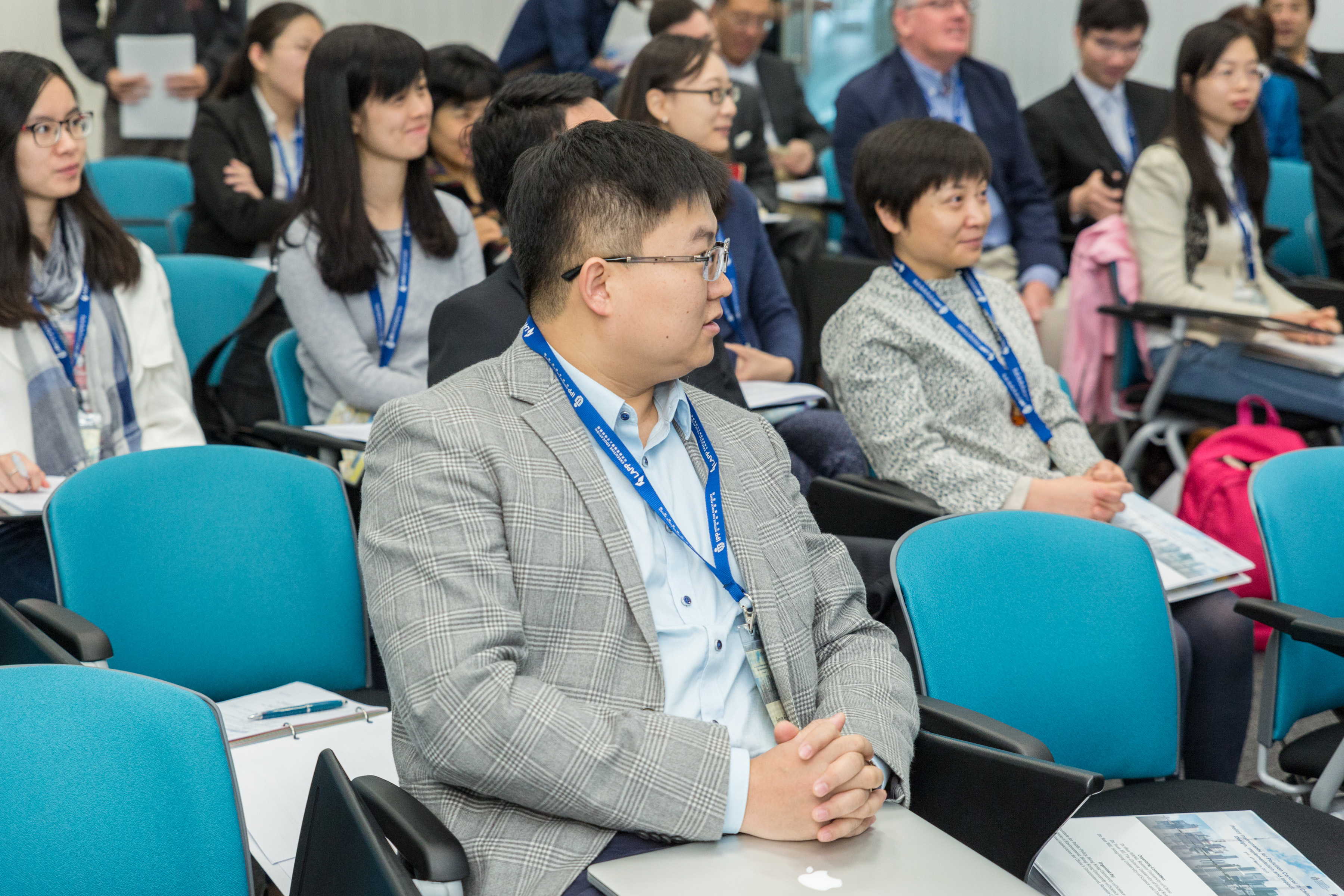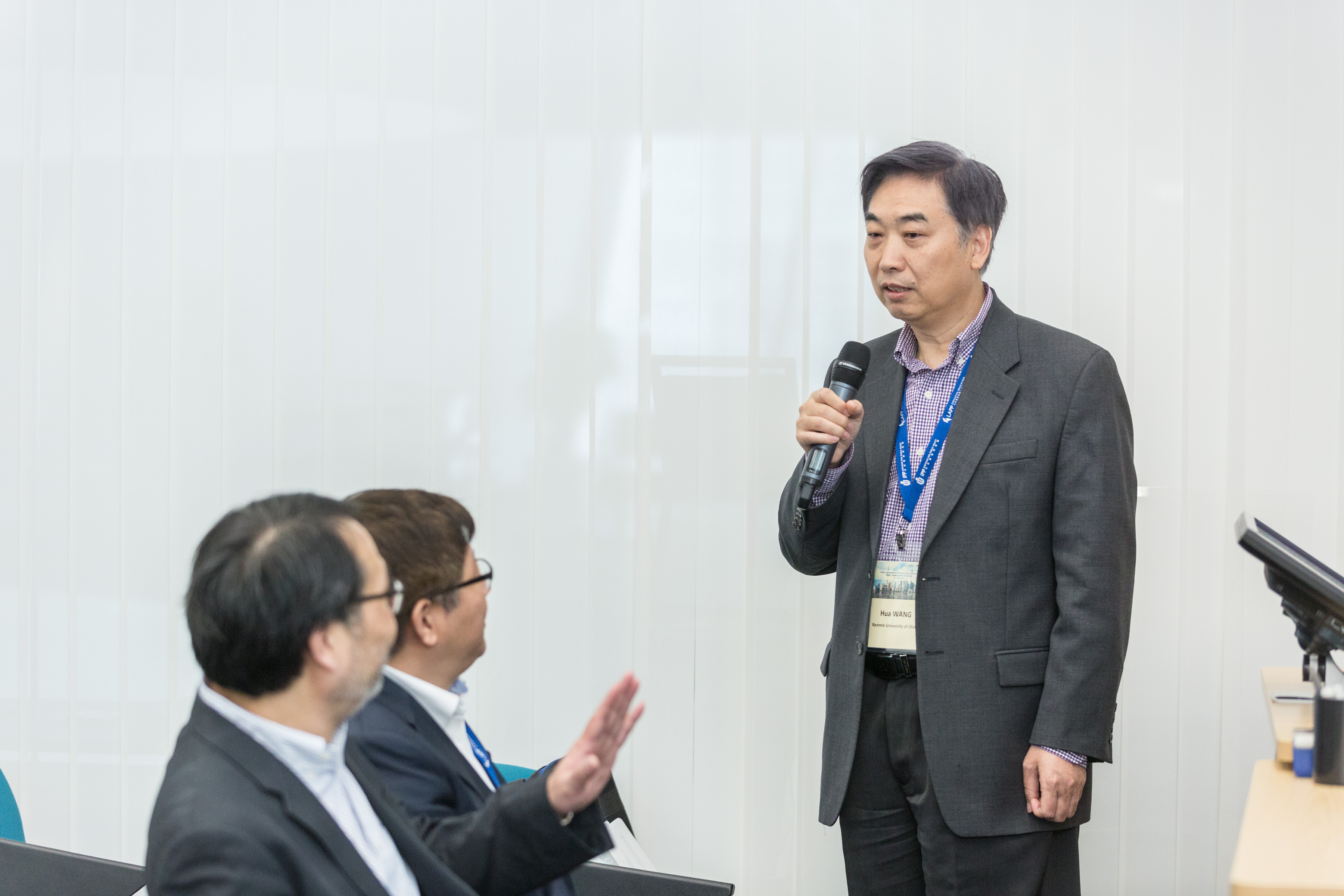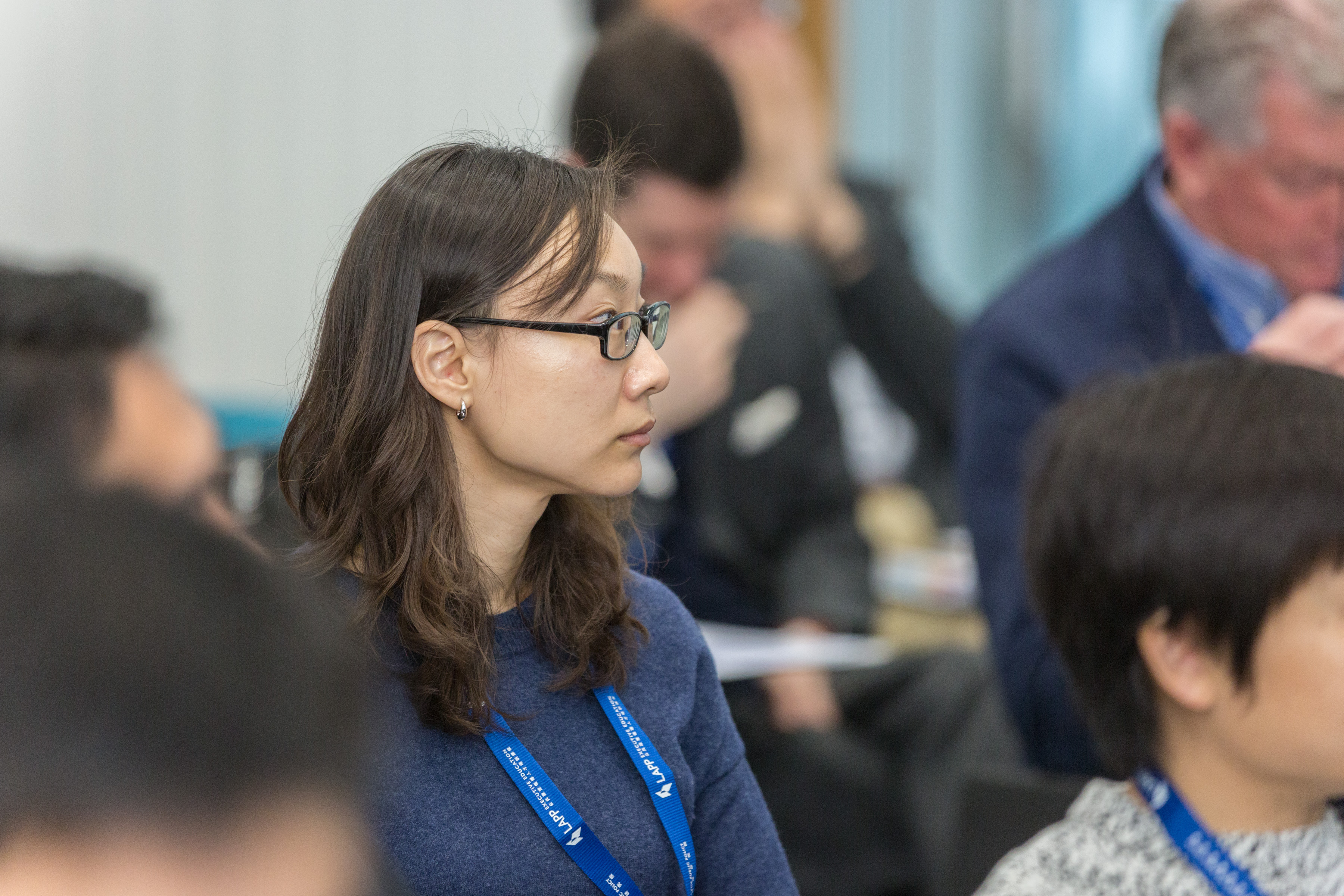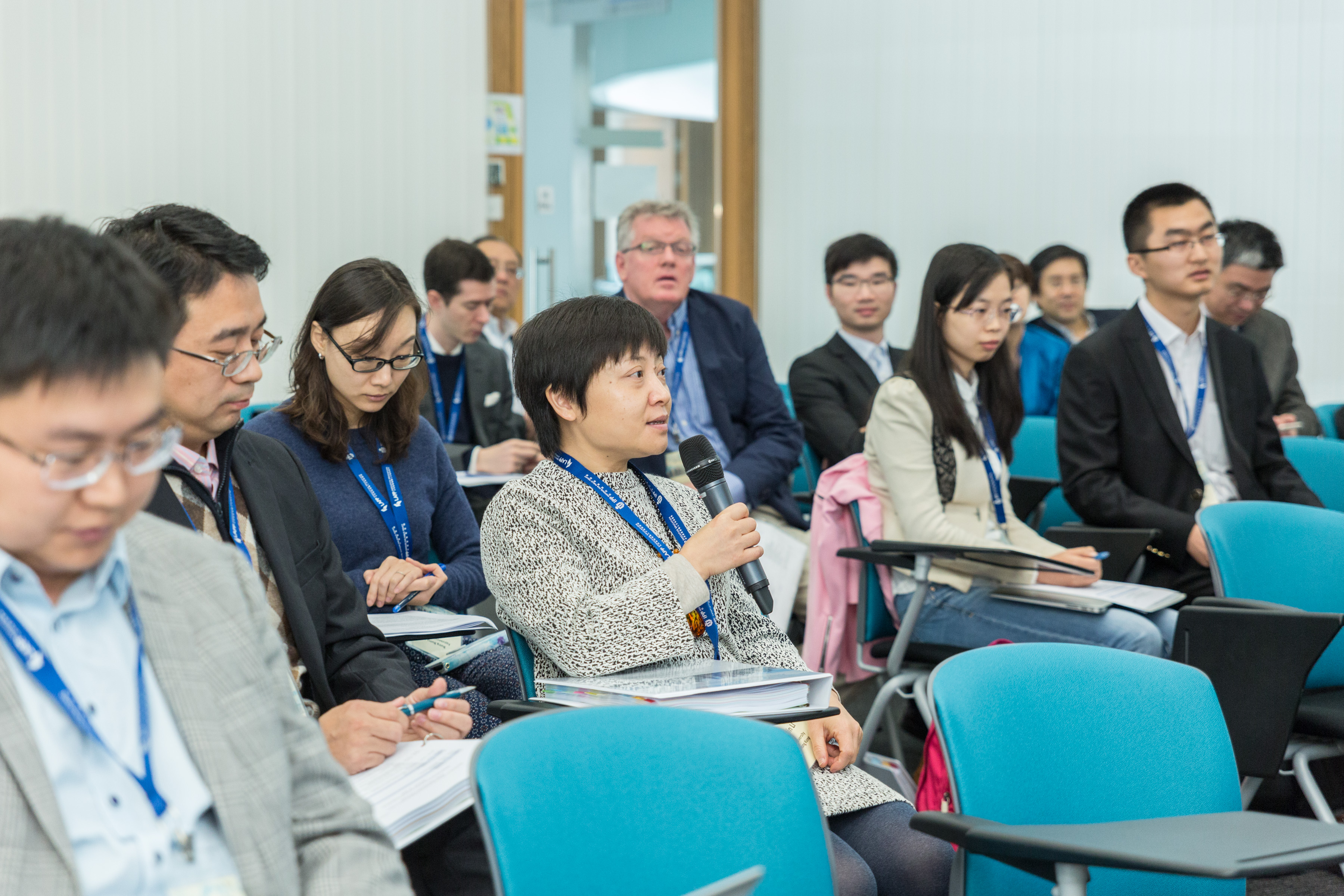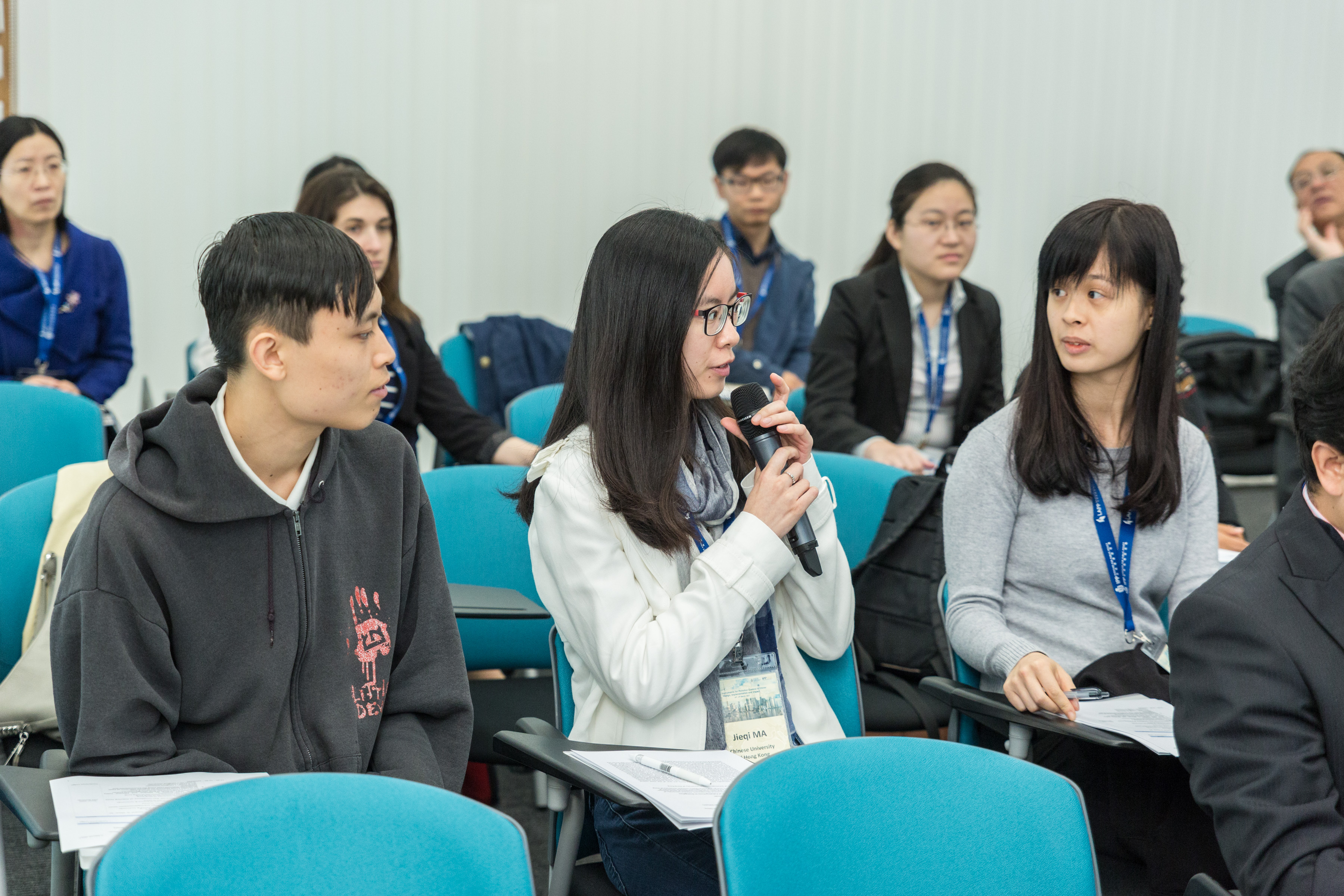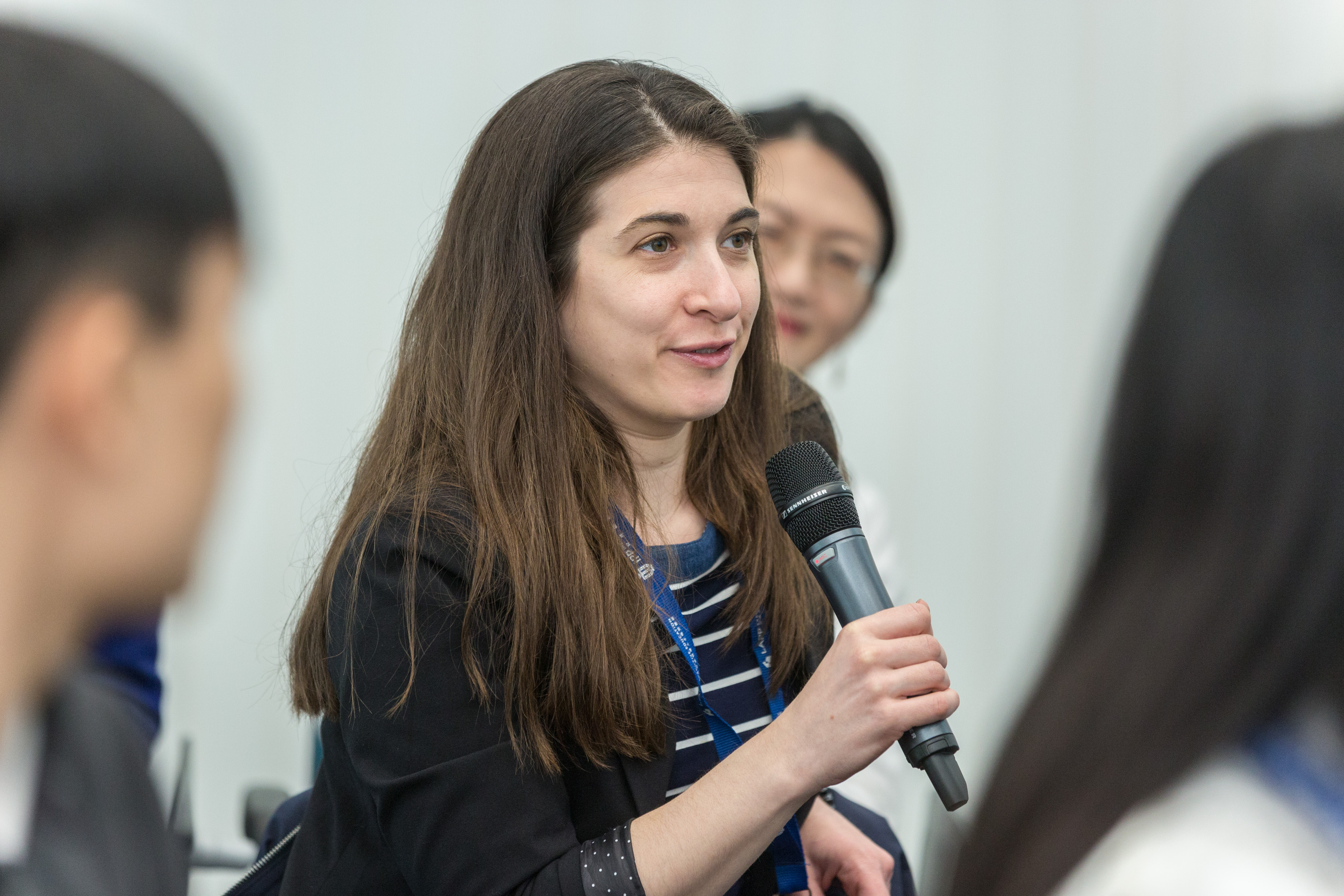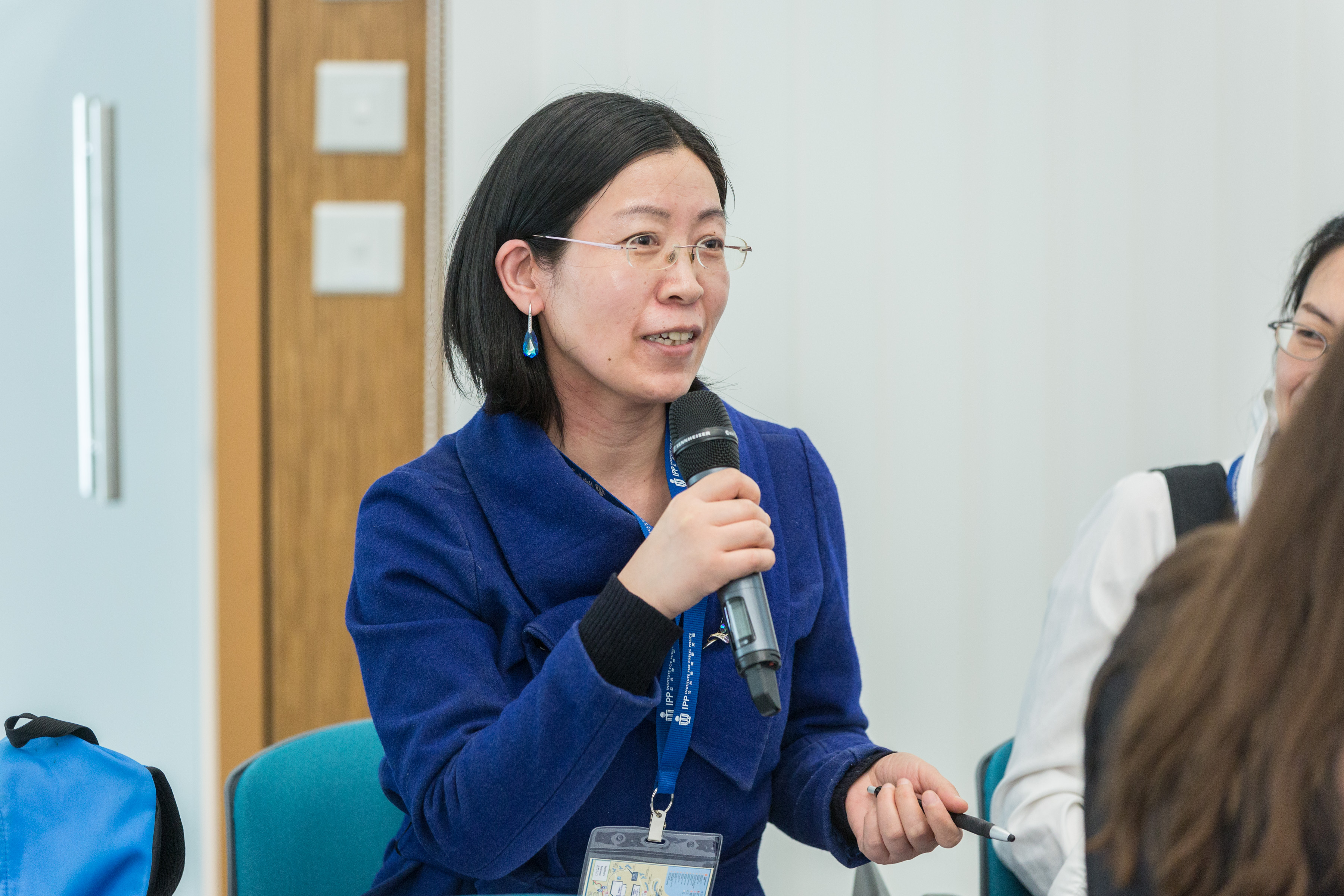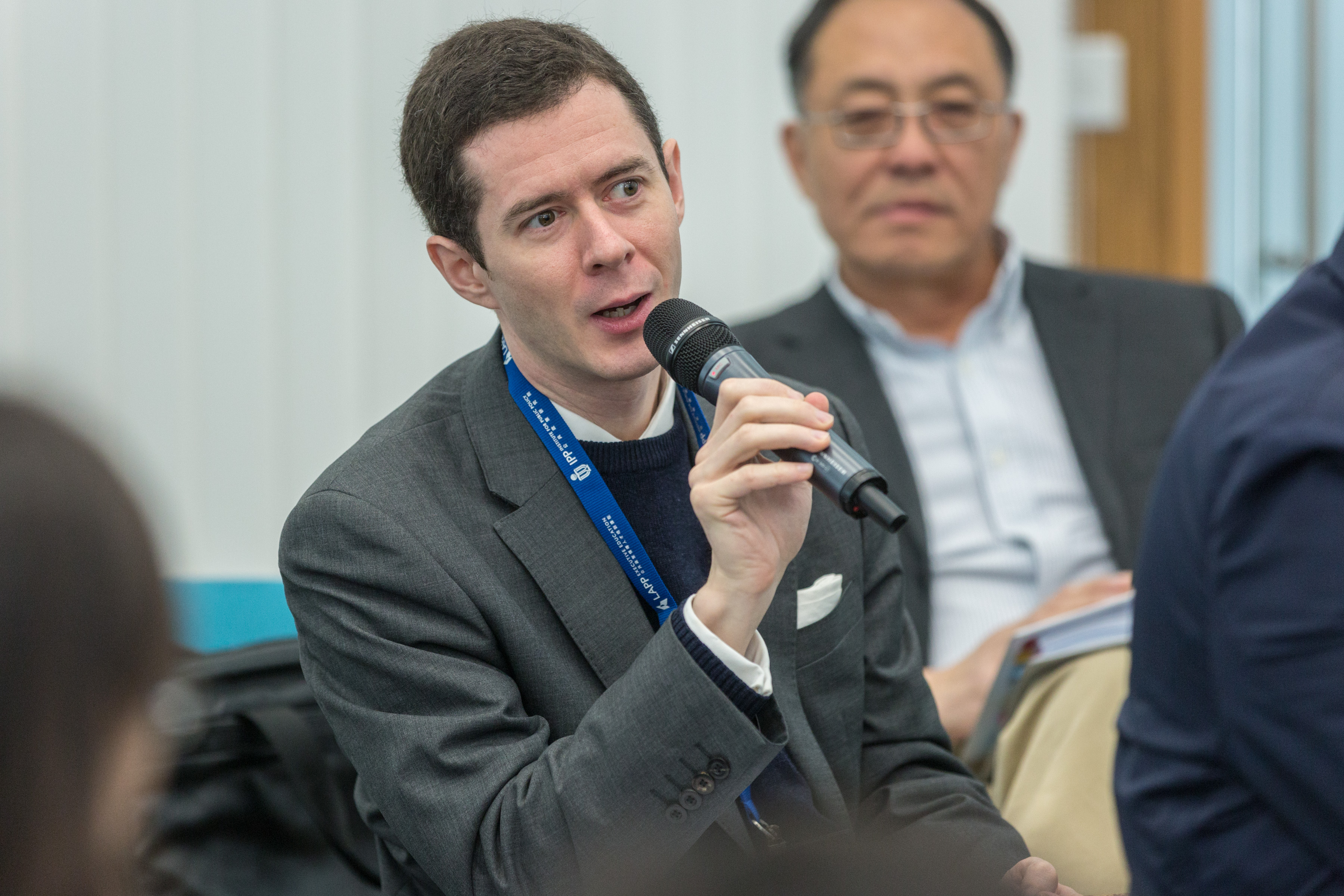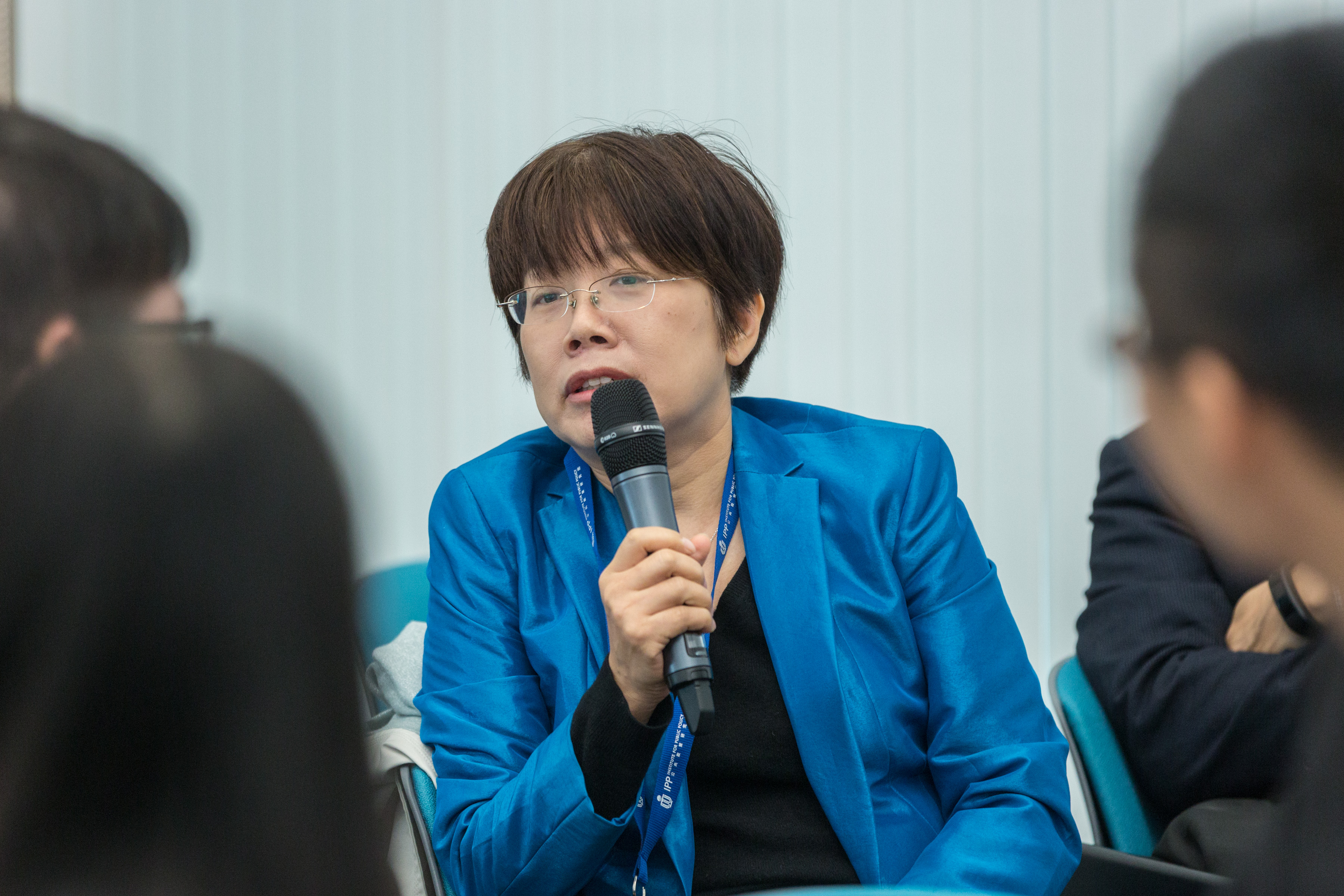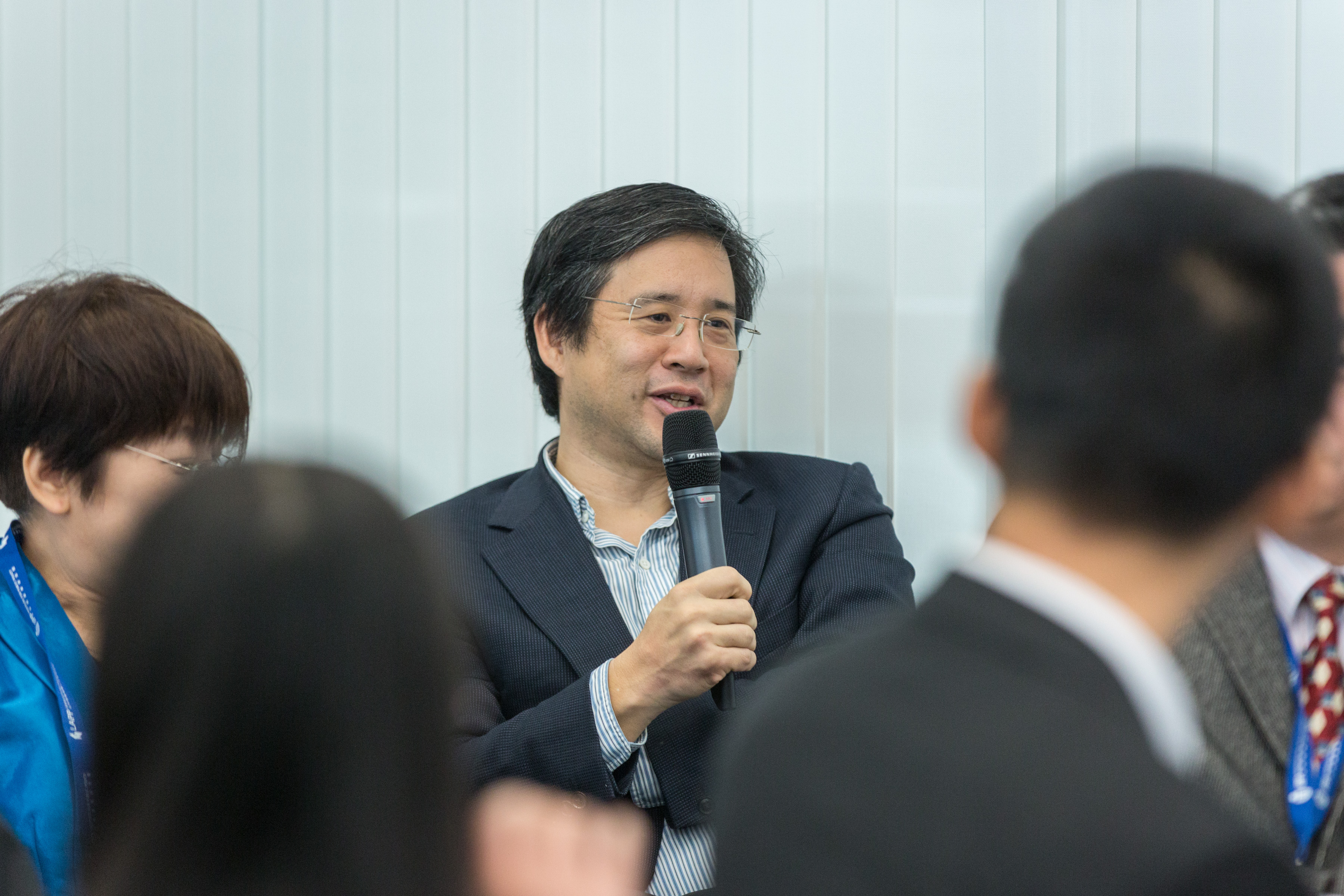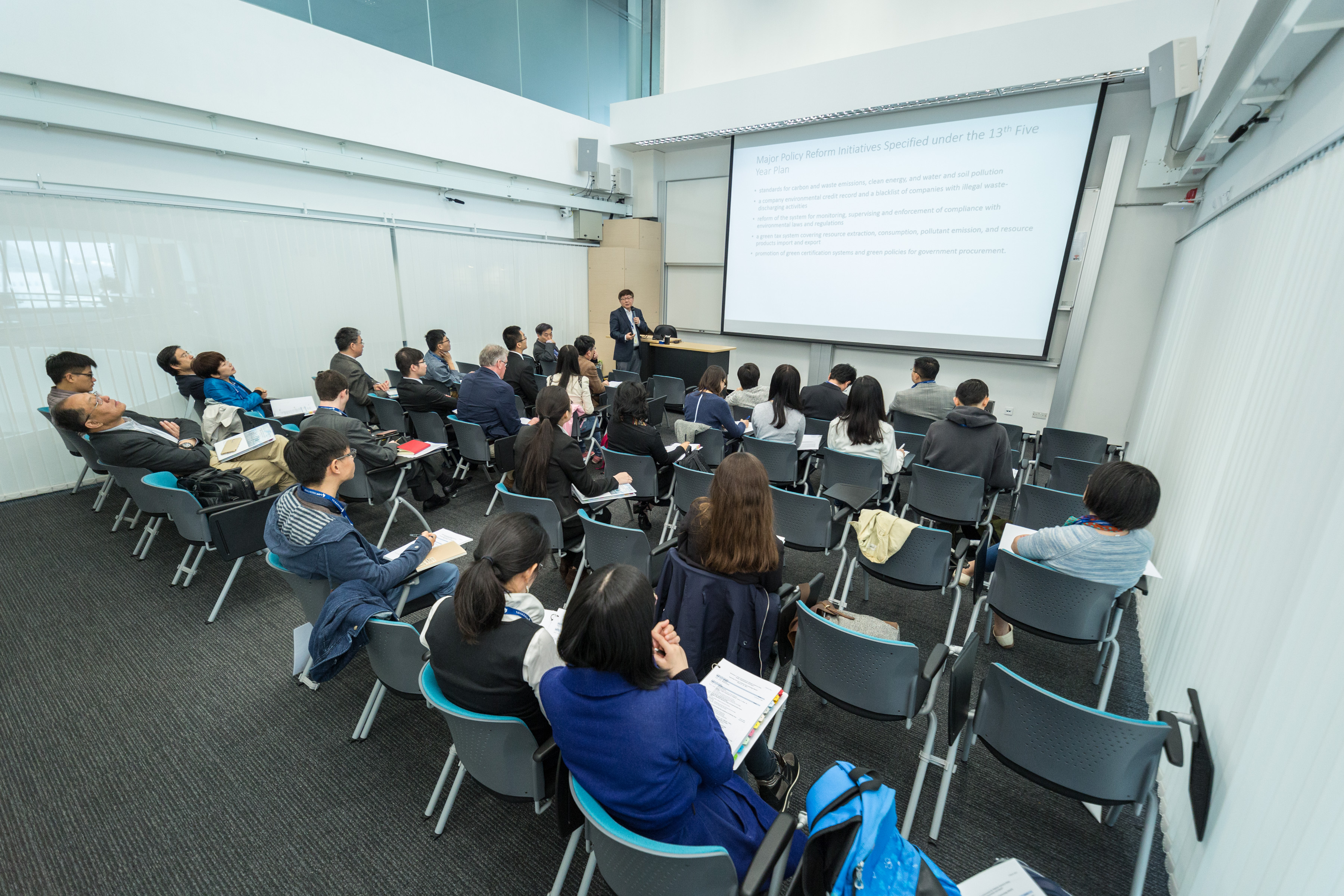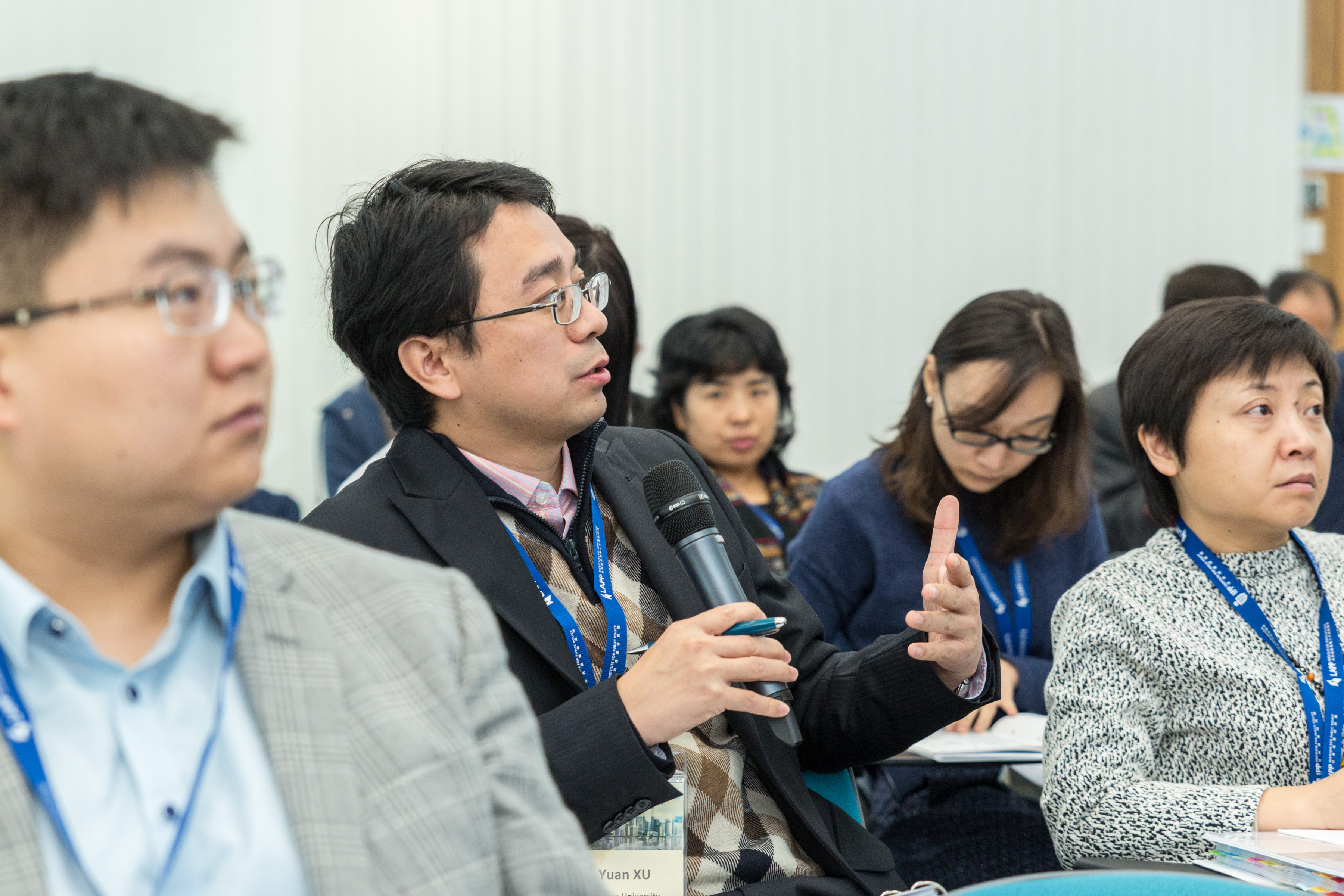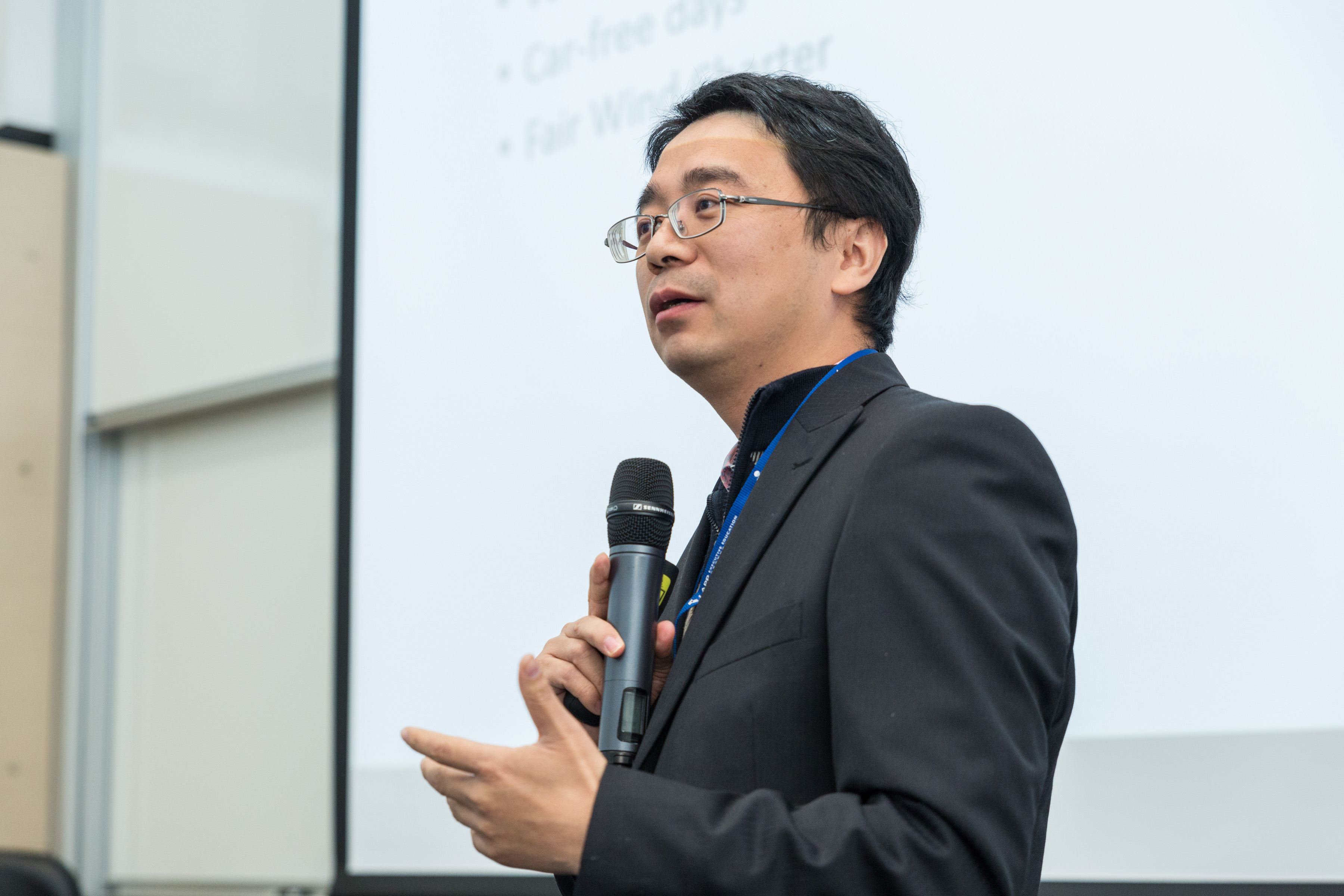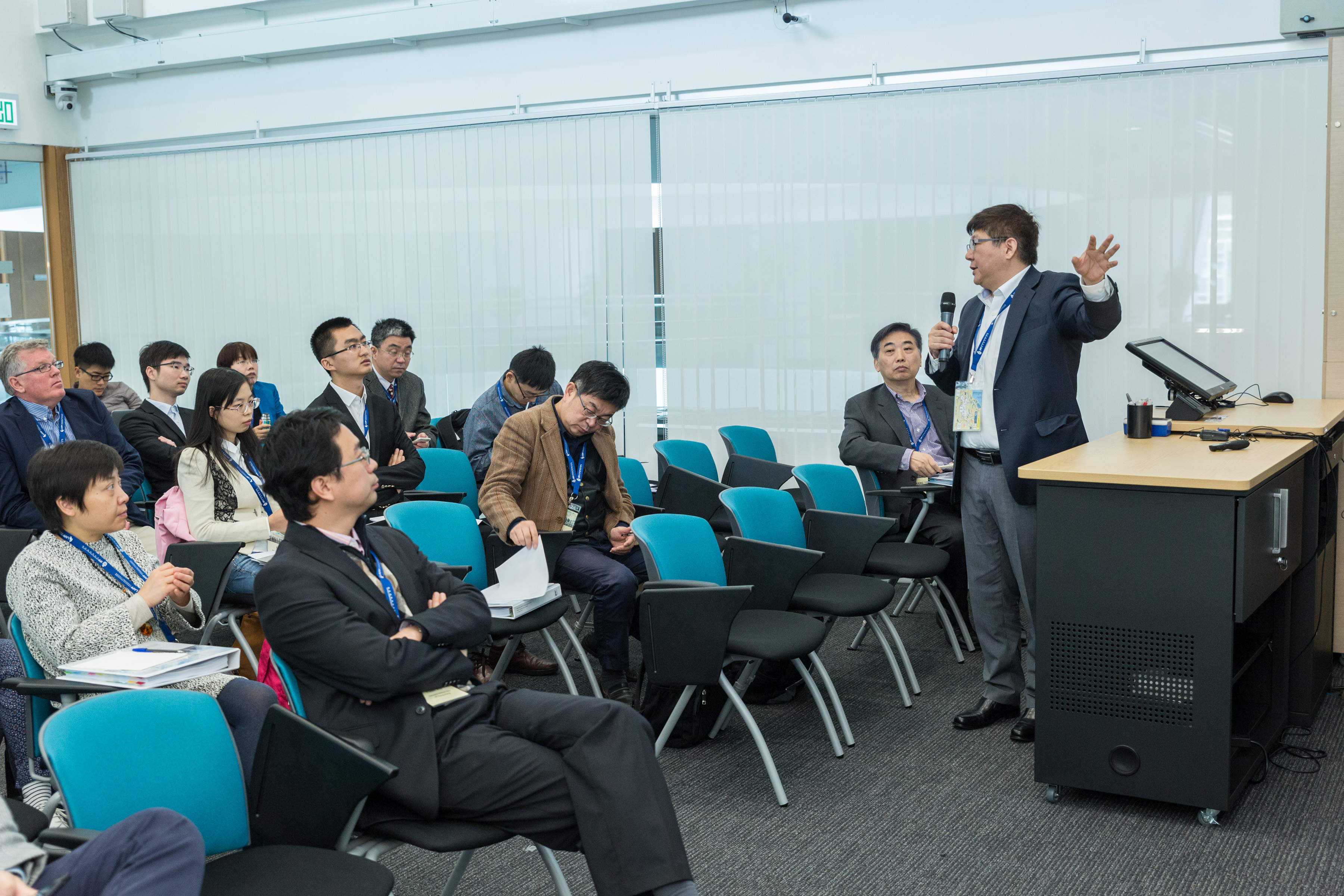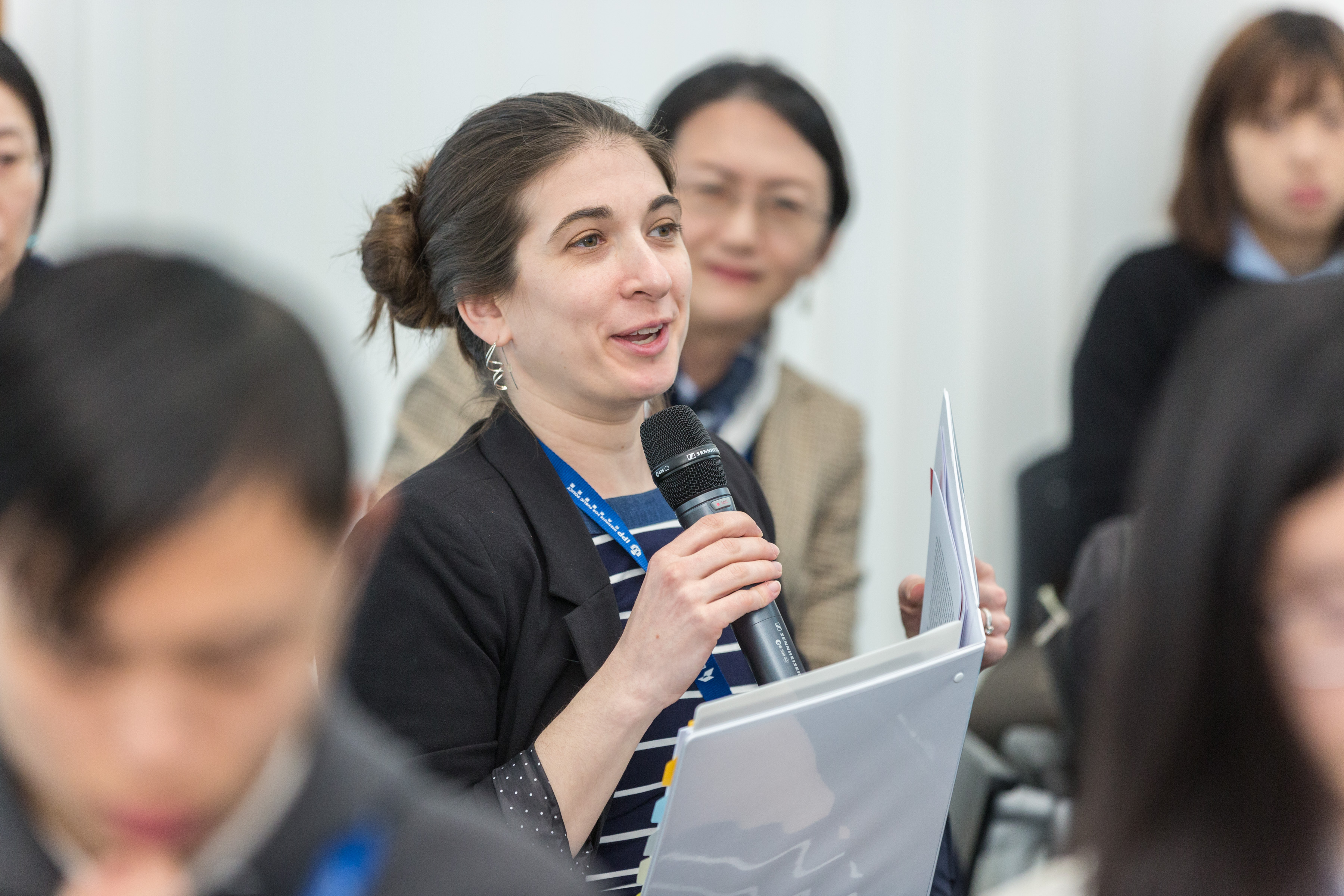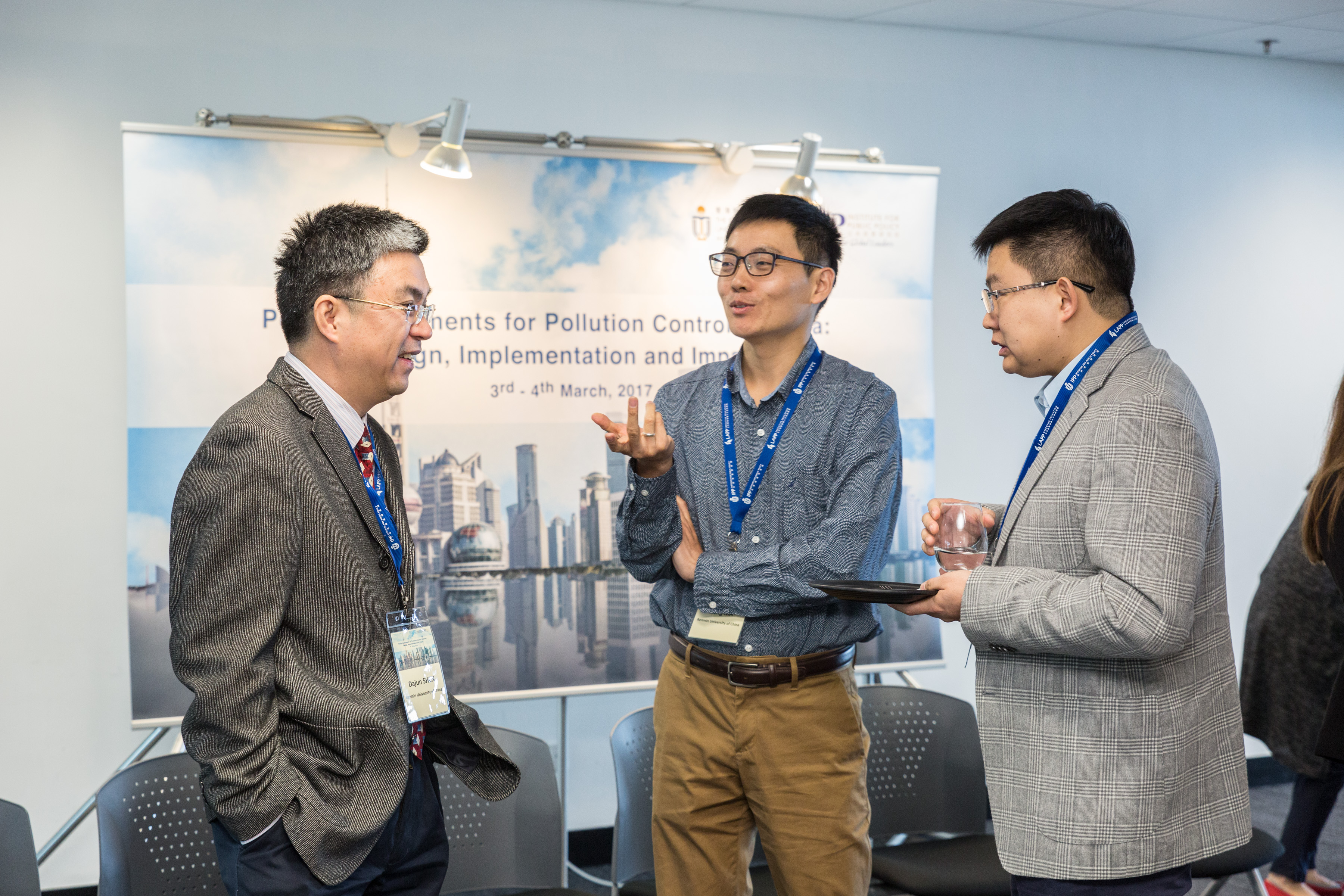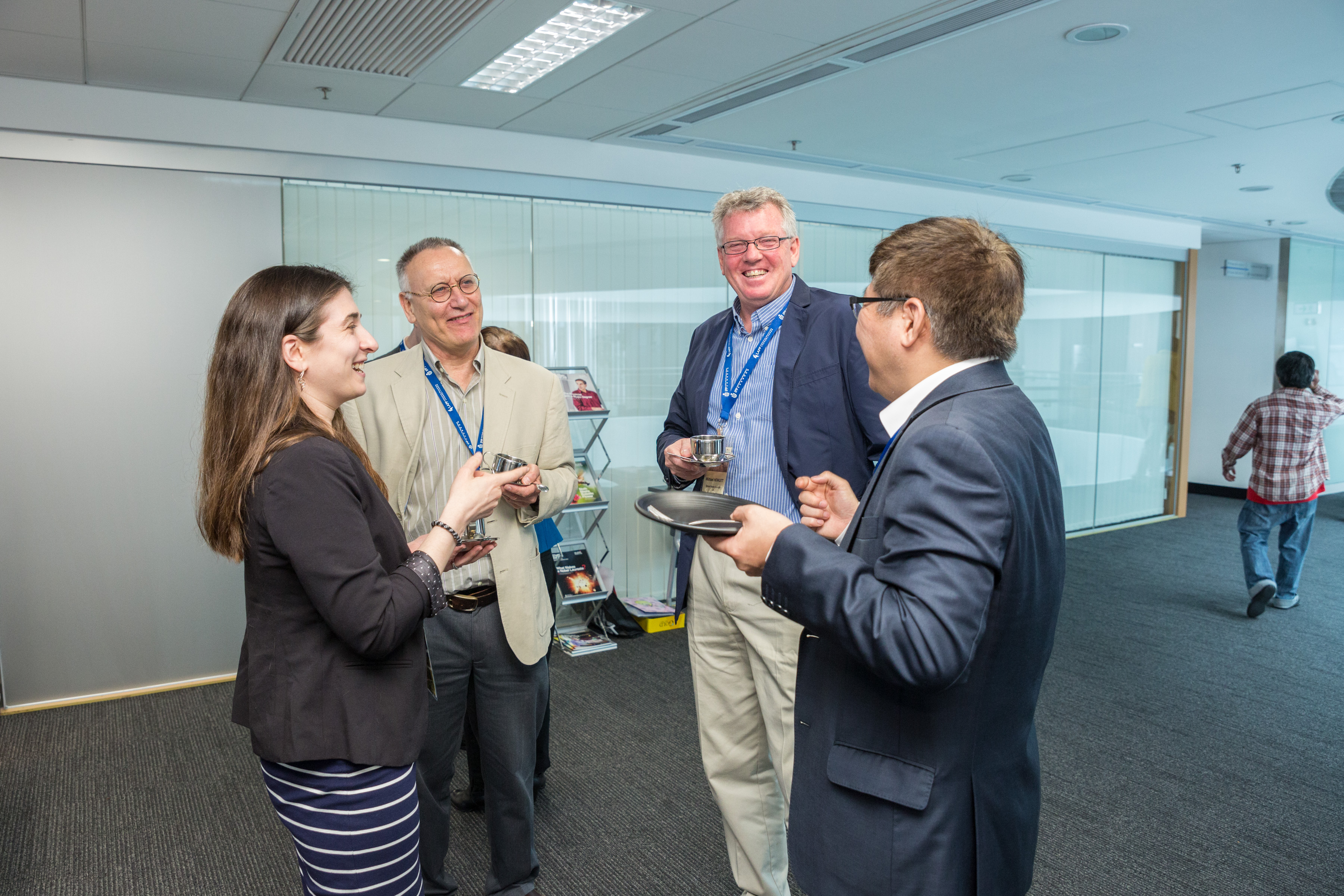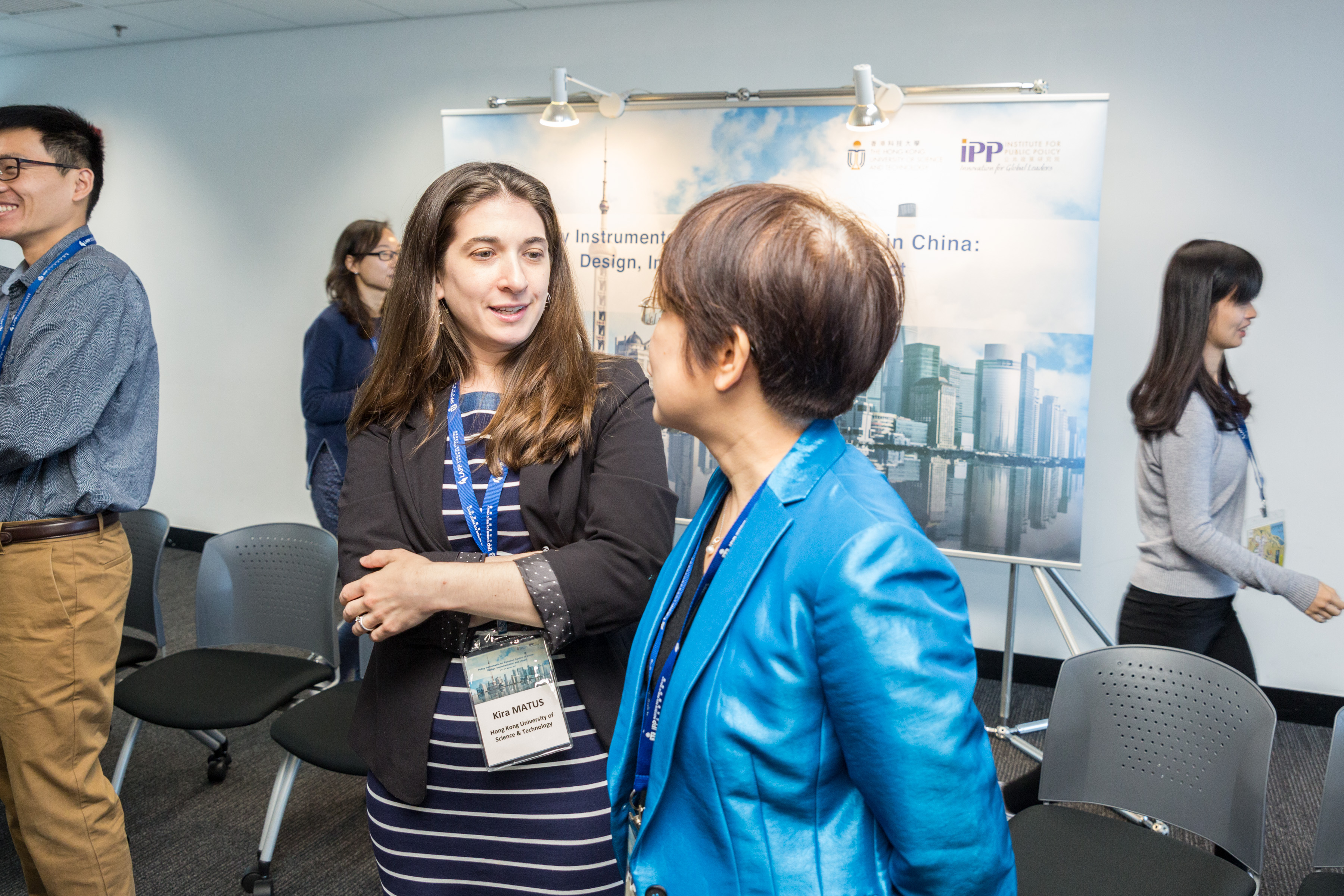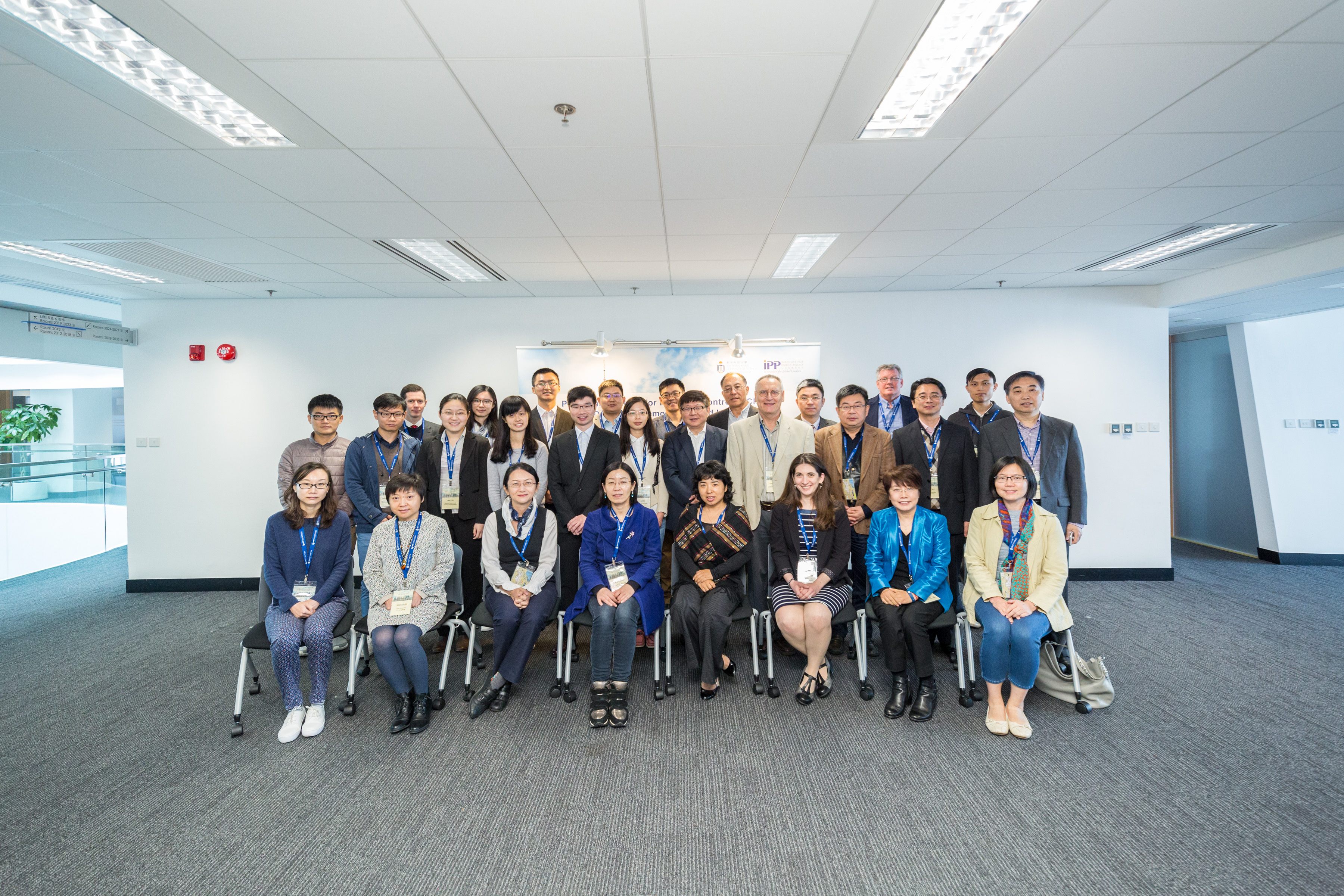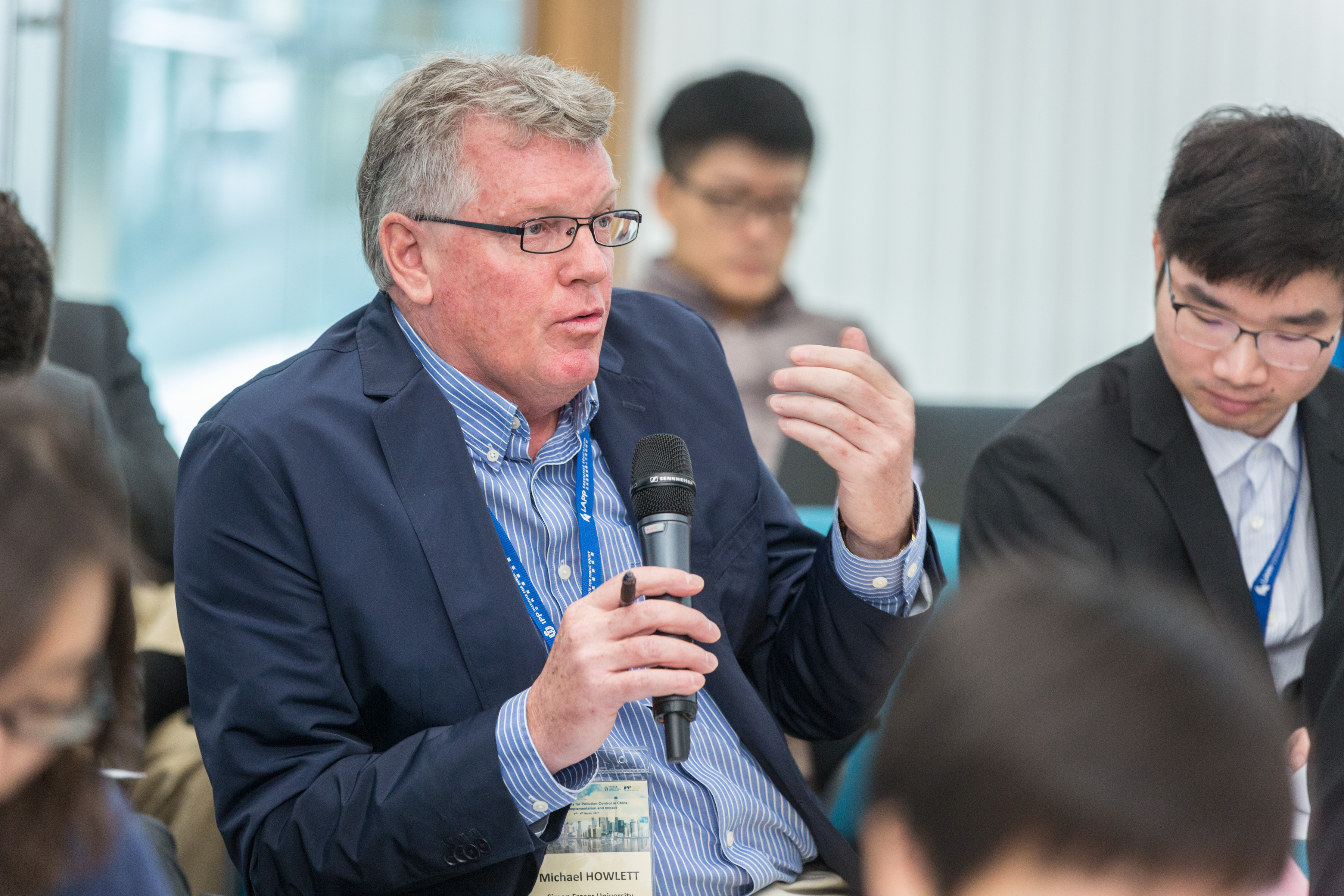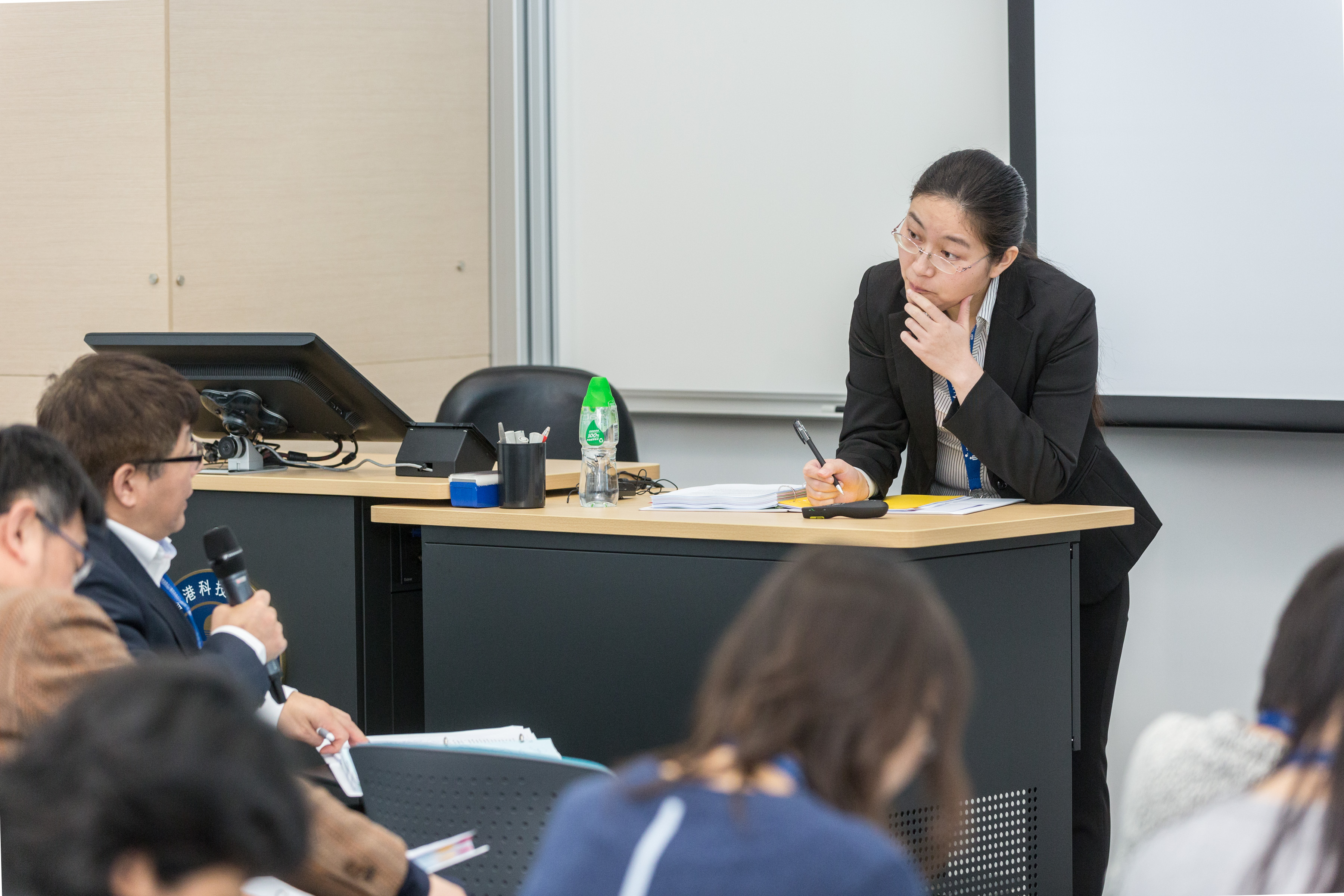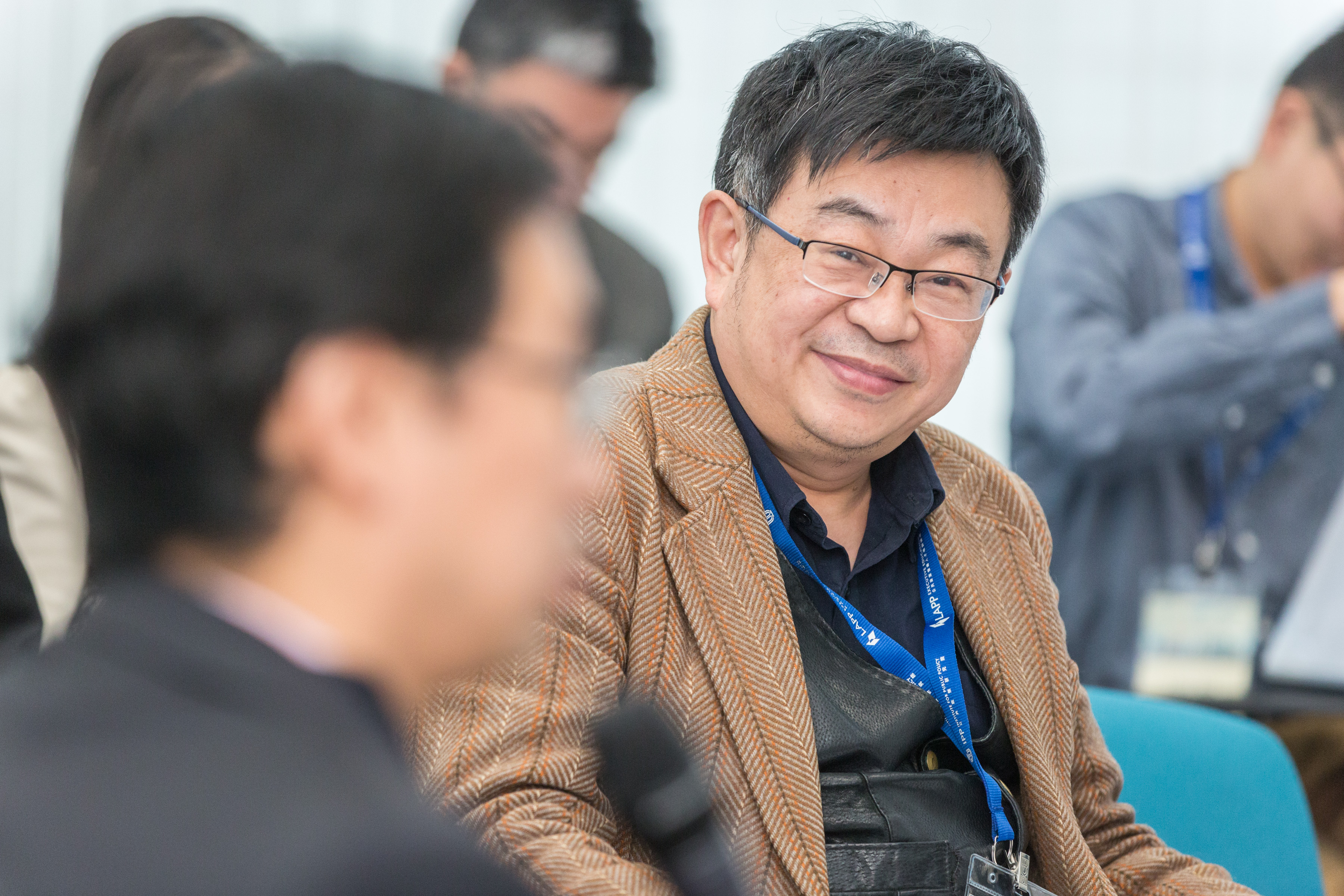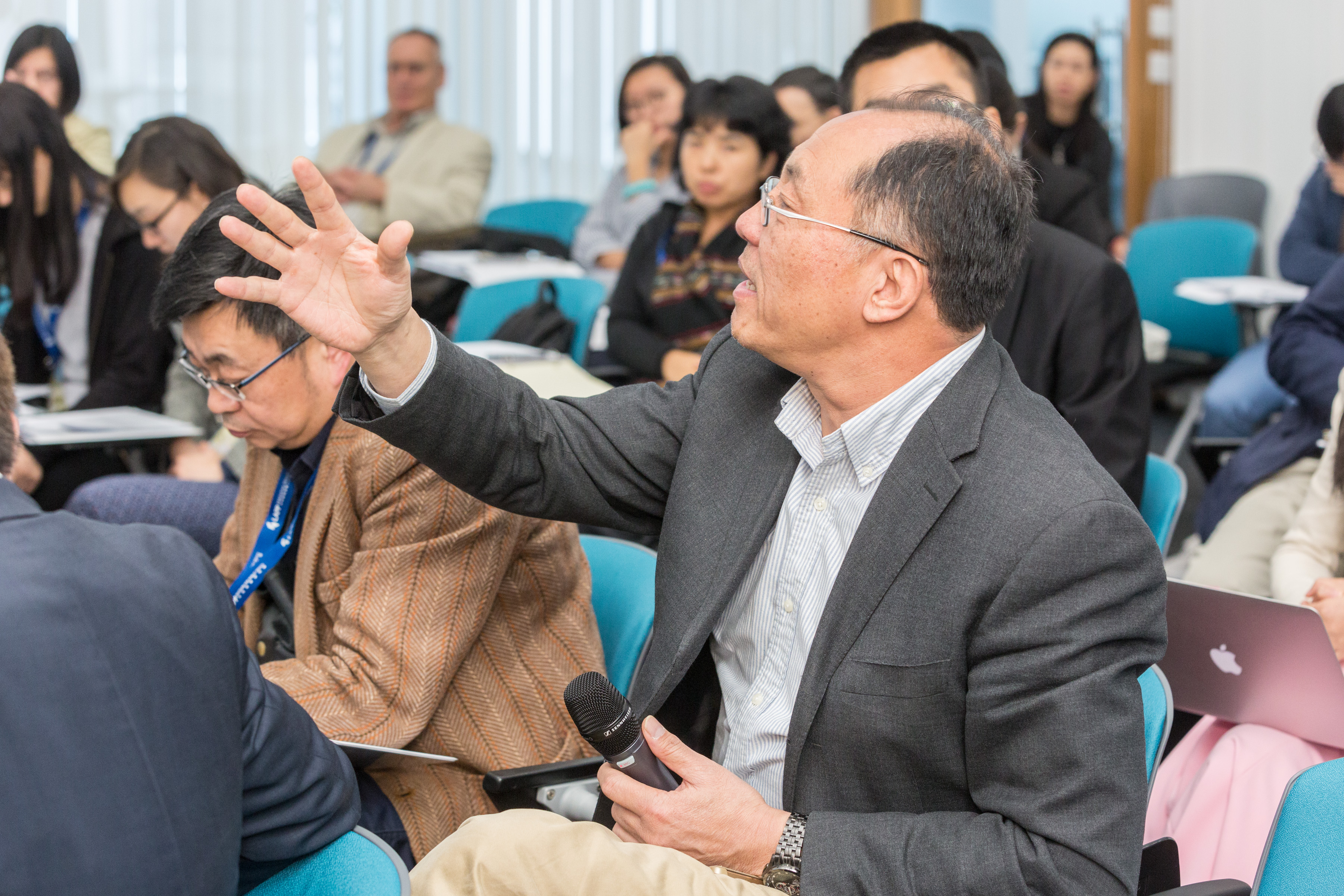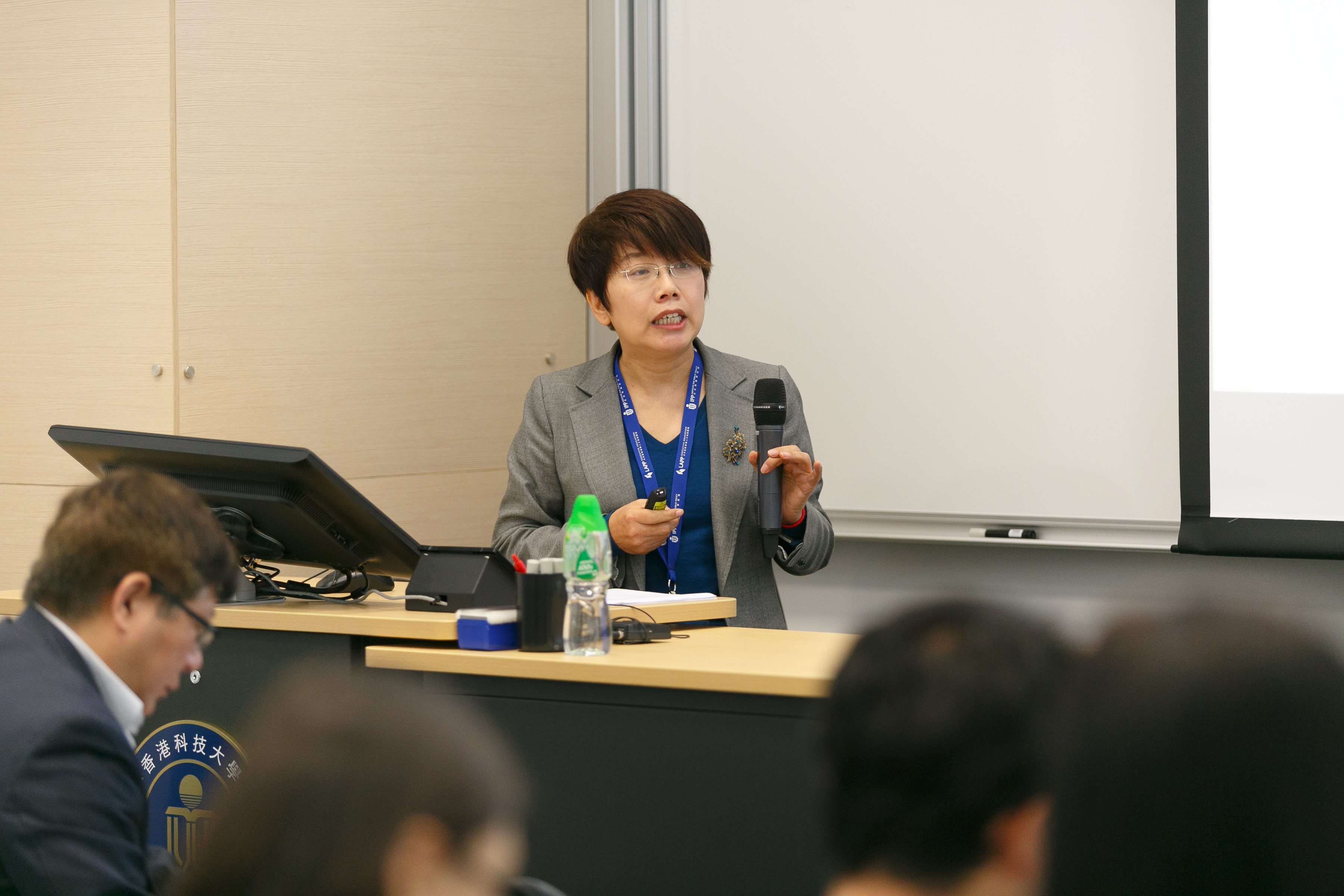Public sector managers and policymakers are frequently confronted with decisions about whether or not to initiate, continue, modify, or terminate policies or programs, and the knowledge and skills in policy development are essential for them to make intelligent choices. The program will provide participants with knowledge and frameworks in carrying out various tasks in policy development, such as identifying policy problems, design policy solutions, and evaluating policy impacts.
Despite voluminous studies on the topic, interdisciplinary and evidence-based research on policy instruments for pollution control in China, has been scanty. Much of the existing literature has been based on the approaches and methods that are confined in a particular discipline, such as economics, political science, and public administration, while interdisciplinary approach is imperative to have a comprehensive understanding of the potential and limitation of different instruments. More importantly, rigorous analyses based on empirical evidence have been rare due to challenges in data collection and impact assessment. Applications of scientific research methodologies can help to improve the rigor of research in this area, especially with regard to the long term and system-wide impacts of the applications of different policy instruments. Furthermore, science and technology should have played pivotal roles in the choices of pollution control policy instruments in China, but such effects have been poorly understood in the existing literature.
This two-day workshop on "Policy Instruments for Pollution Control in China: Design, Implementation and Impact" aims at bringing together cutting-edge research that can help fill in the gap in the literature and contribute to policy-making for pollution control in China and beyond. Papers are especially welcome that can systematically and empirically address key issues in the design, implementation and impacts of policy instruments for pollution control in China based on practices over the last two decades, including but not limited to the following topics:
- Total quantity control
- Urban environmental performance evaluation
- Incentive-based instruments
- Command-and-control instruments
- Information-based instruments and Internet-based approaches
- Social and society-based approaches
- Local policy innovation
- Dynamics of policy pilots and diffusion
- Enforcement and compliance
- Choices of policy instruments and policy capacity
- The role of science and technology in instrument choices
- Policy instrument and technological innovation
Deadline for abstract submission : 15 November 2016
Notification of acceptance by email : 20 November 2016
Deadline for full paper submission : 25 February 2017
Abstracts should be submitted to Ms. Eliza Tang at eliza@ust.hk.
Abstracts should be about 300 words and provide a concise summary of the paper’s main arguments, including purpose, research questions, methods, data source (if applicable), and conclusions. Authors will be emailed the notification of acceptance, and full paper will be circulated to all participants before the workshop.
Organizing Committee
Prof. Hua WANG, Professional Association for China’s Environment
Prof. Yuan XU, Department of Geography and Resource Management, Chinese University of Hong Kong
Prof. Xun WU, Institute for Public Policy, Hong Kong University of Science and Technology
